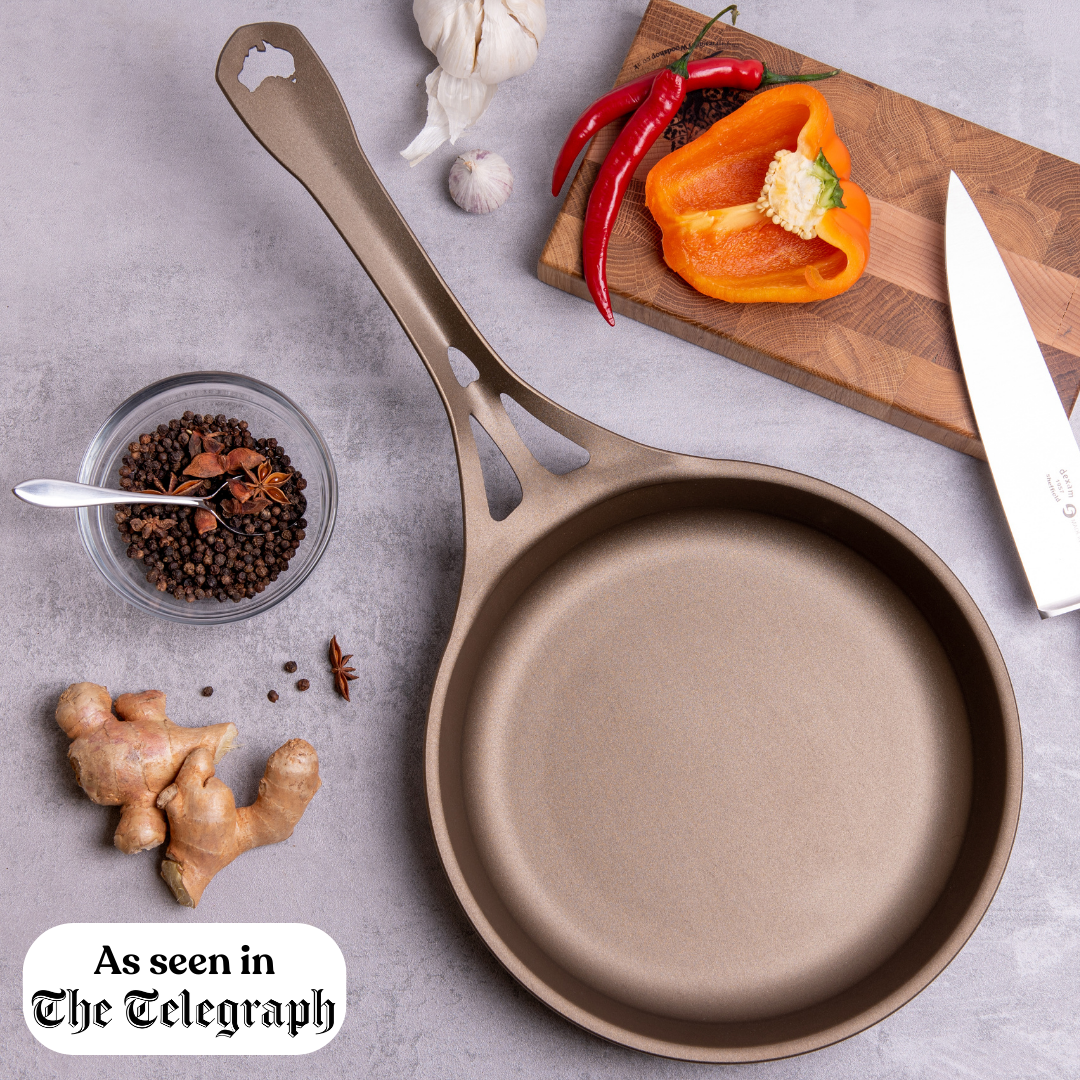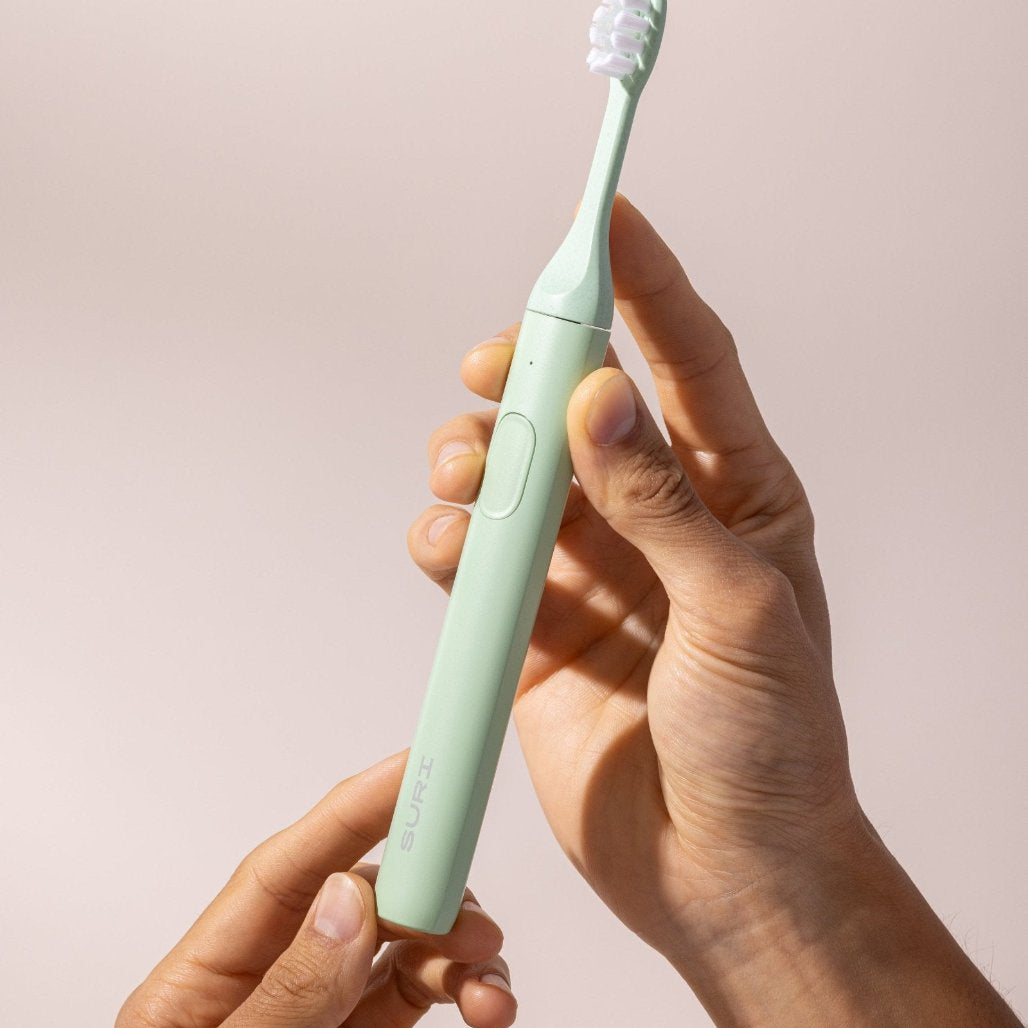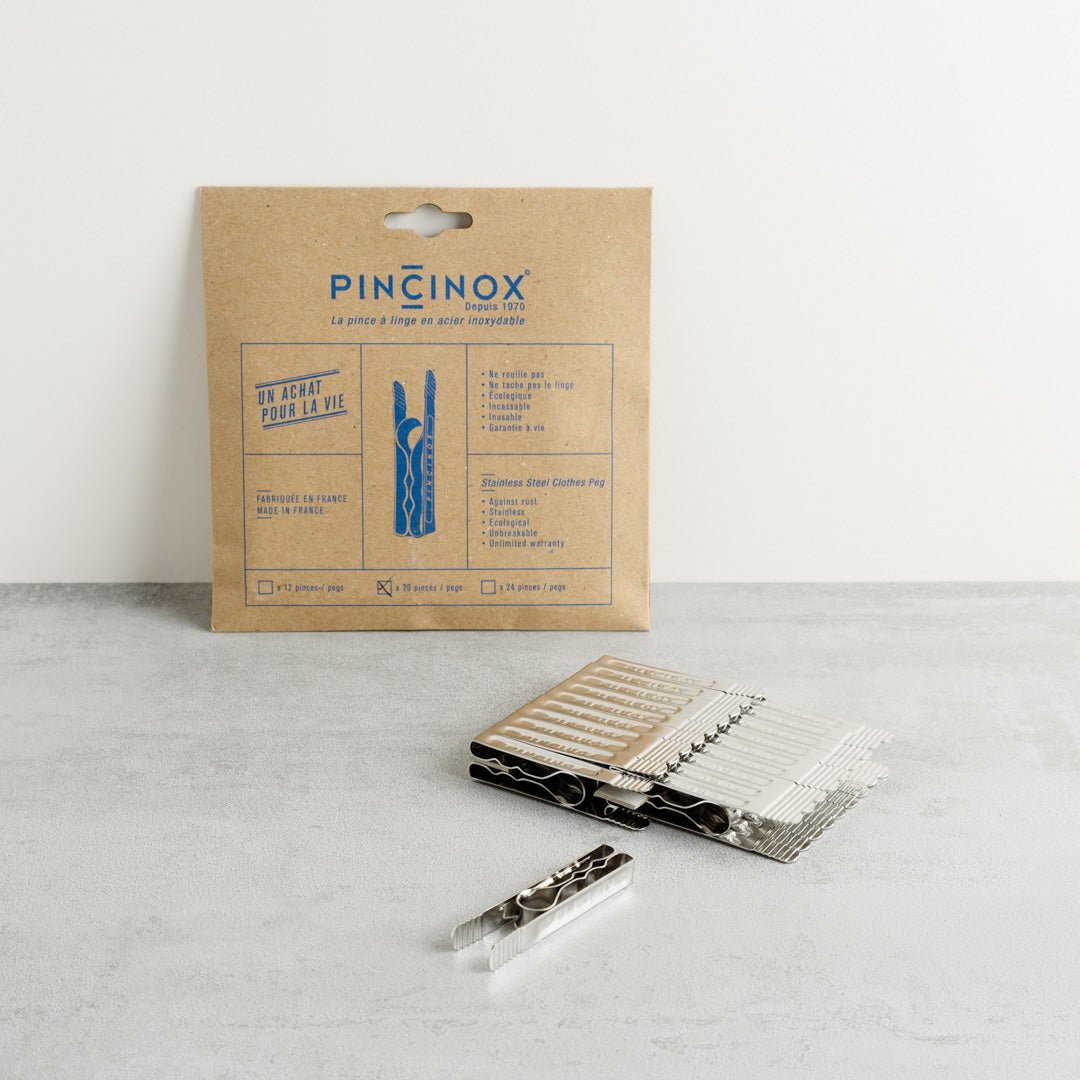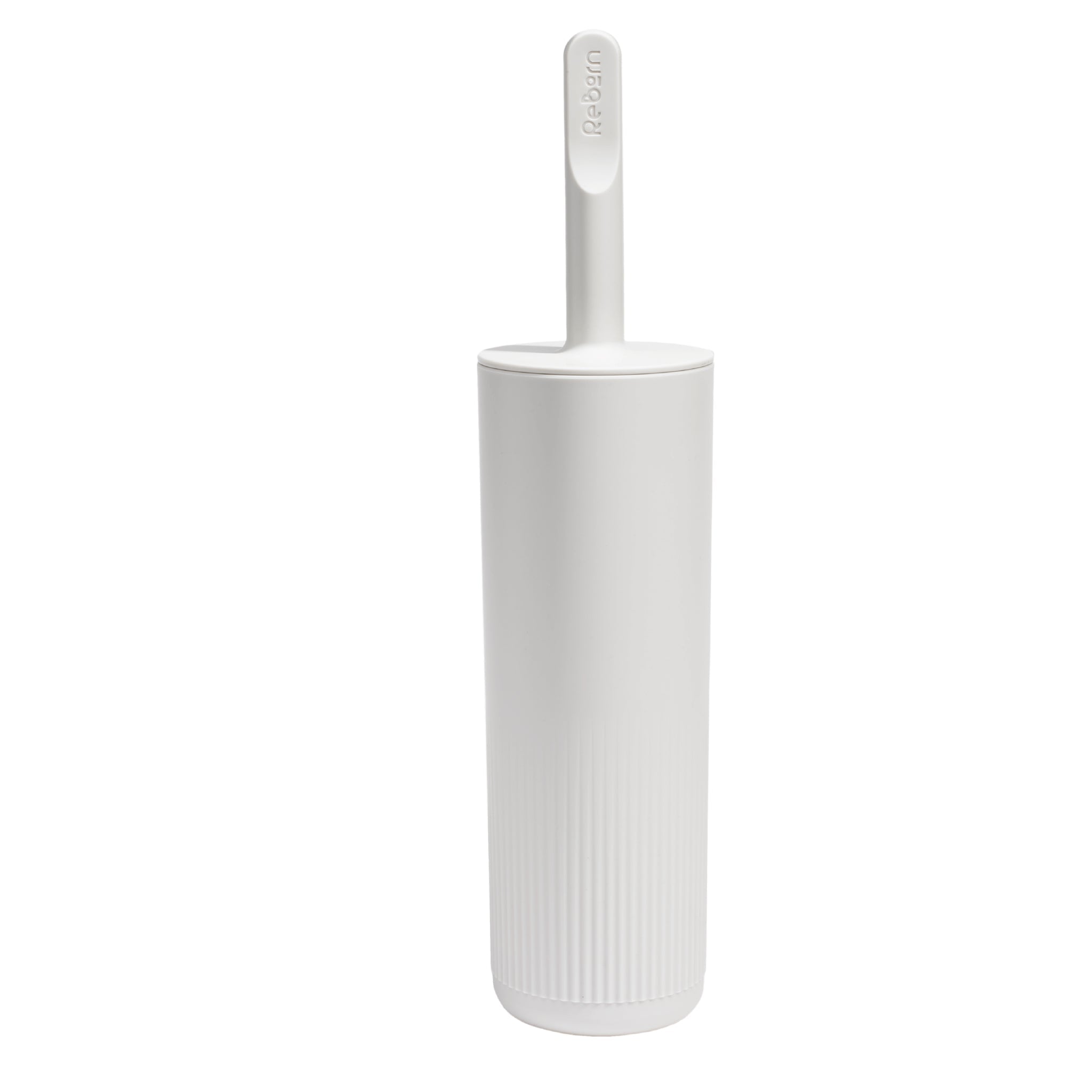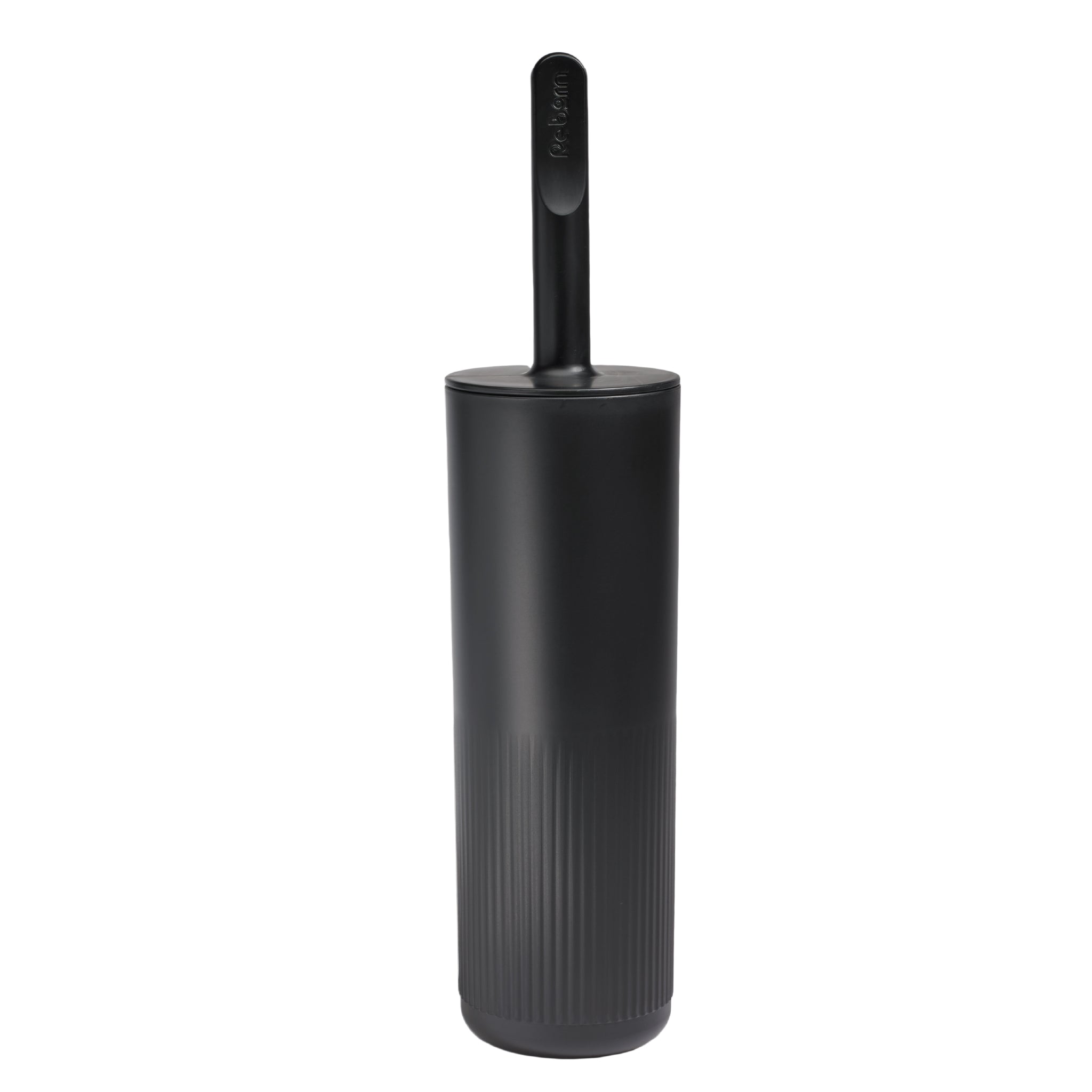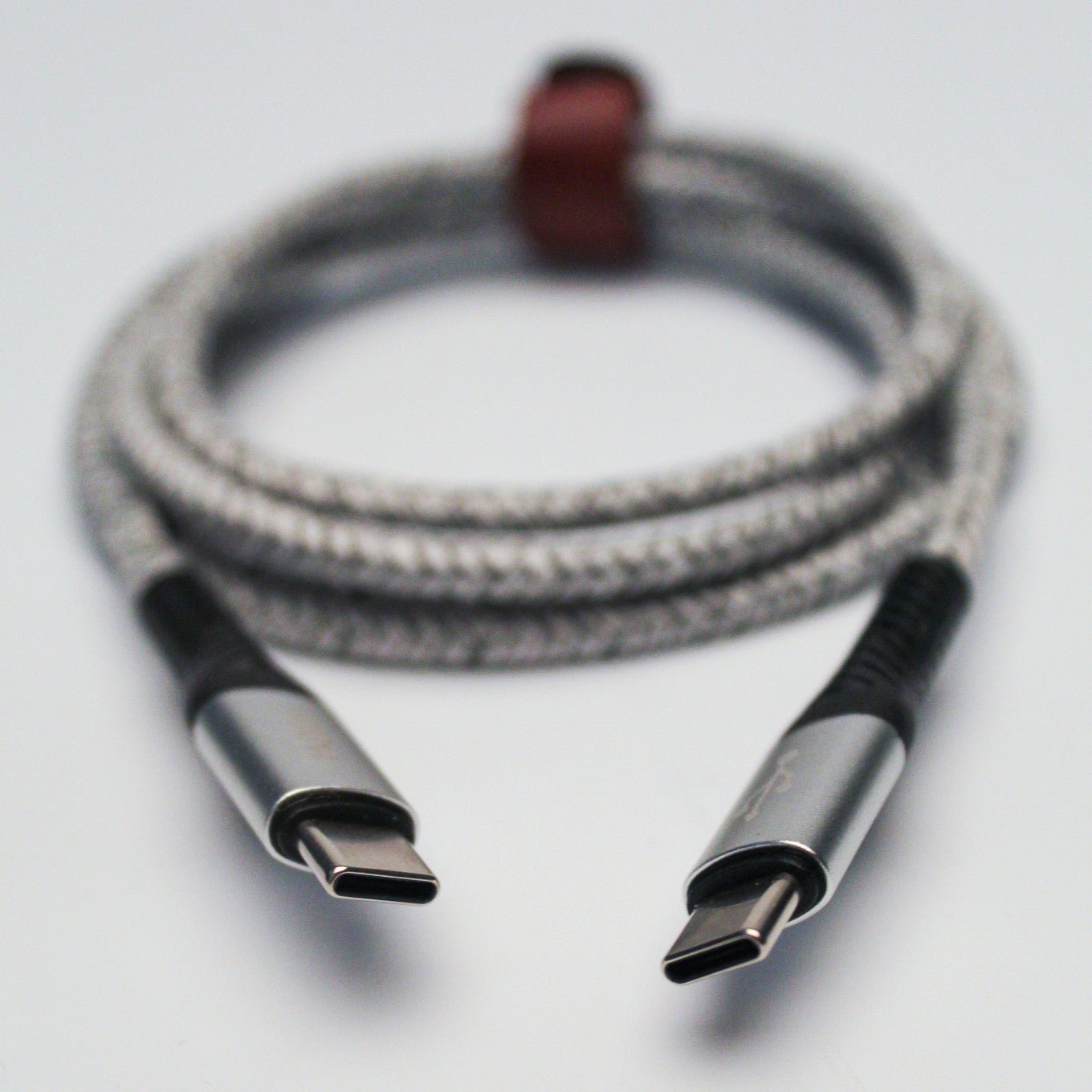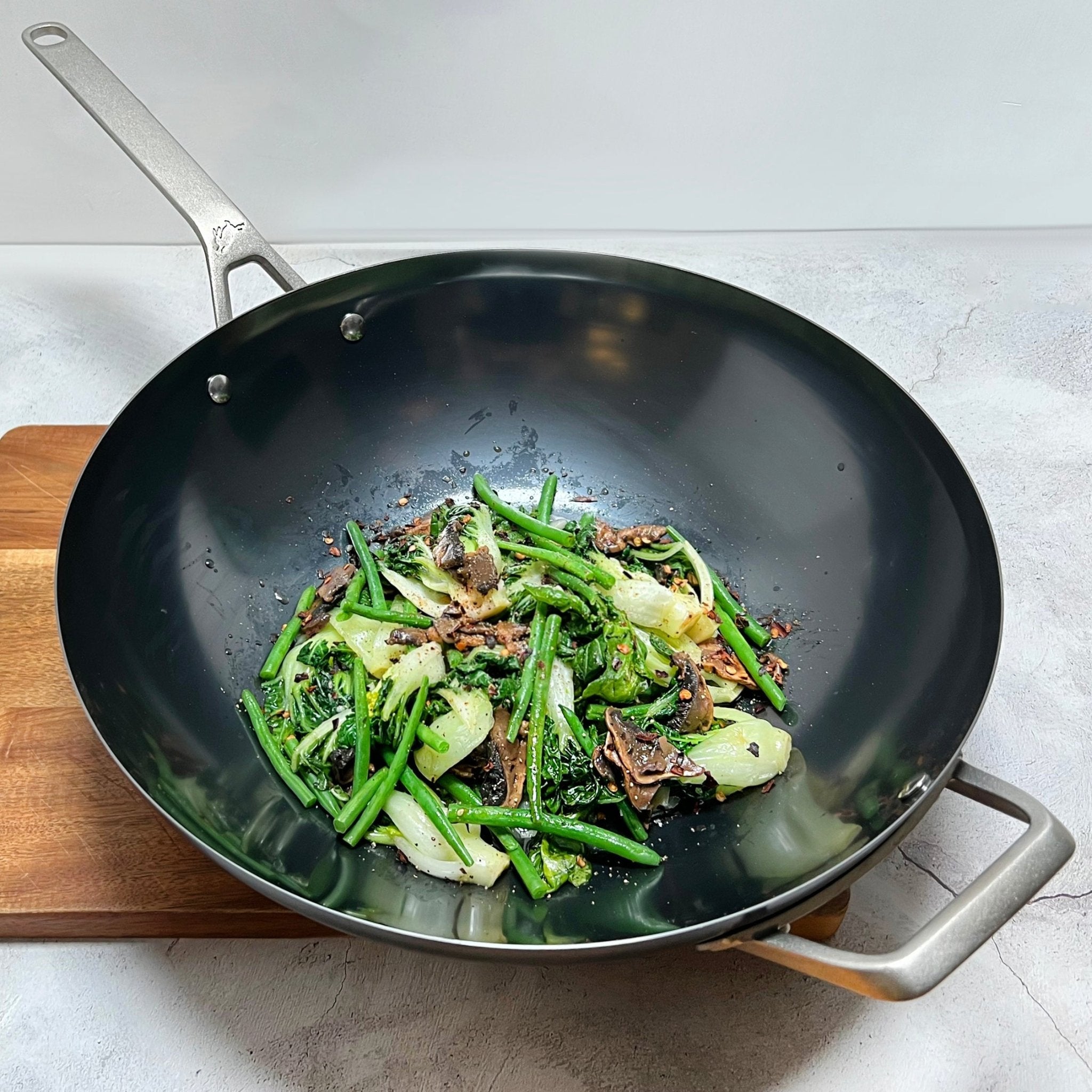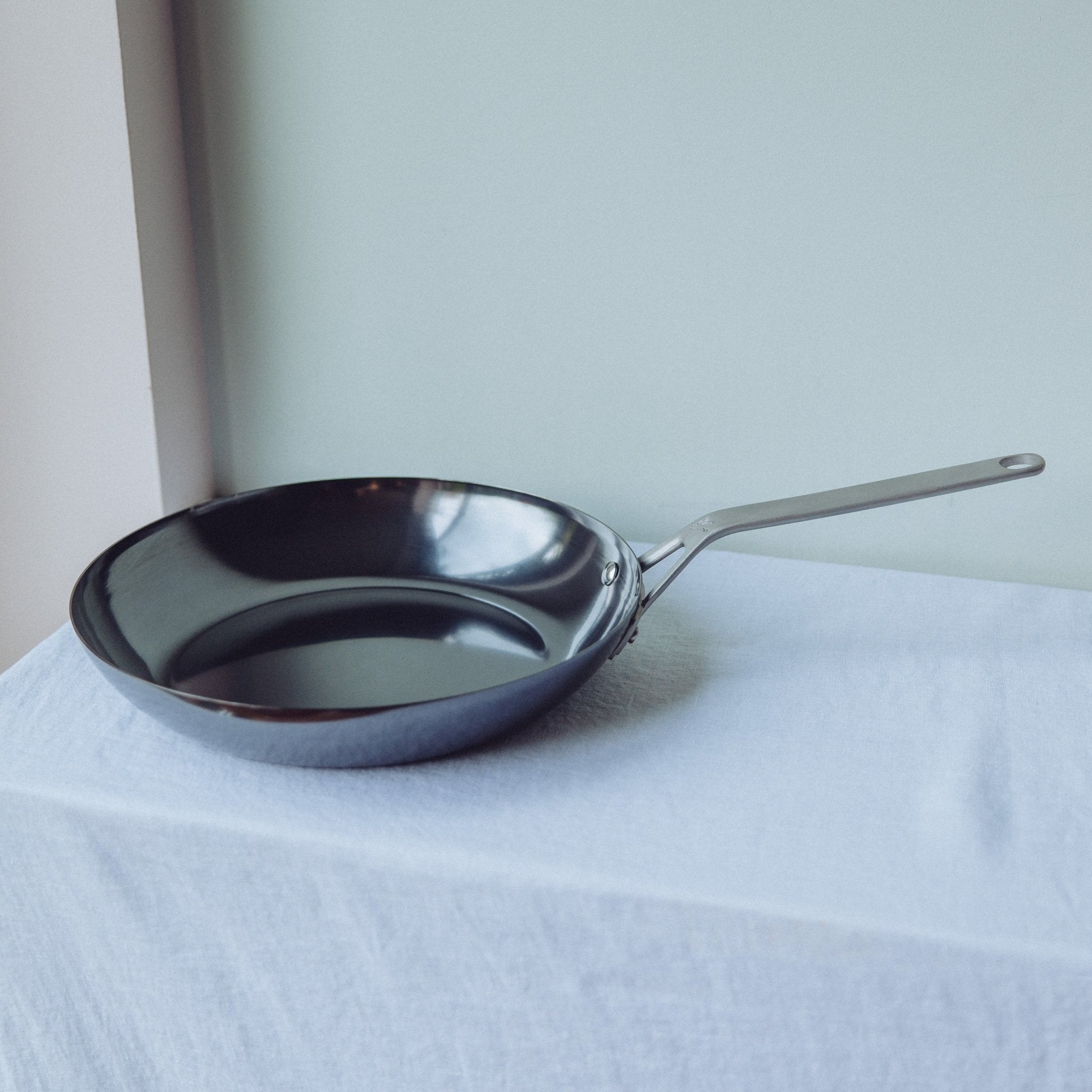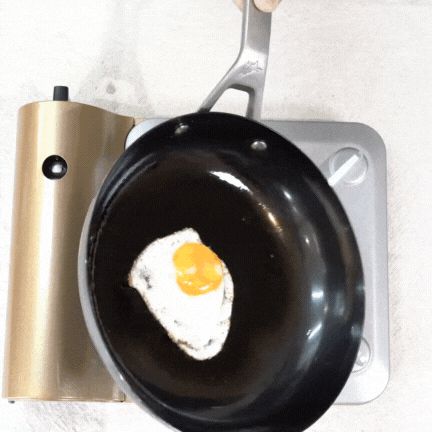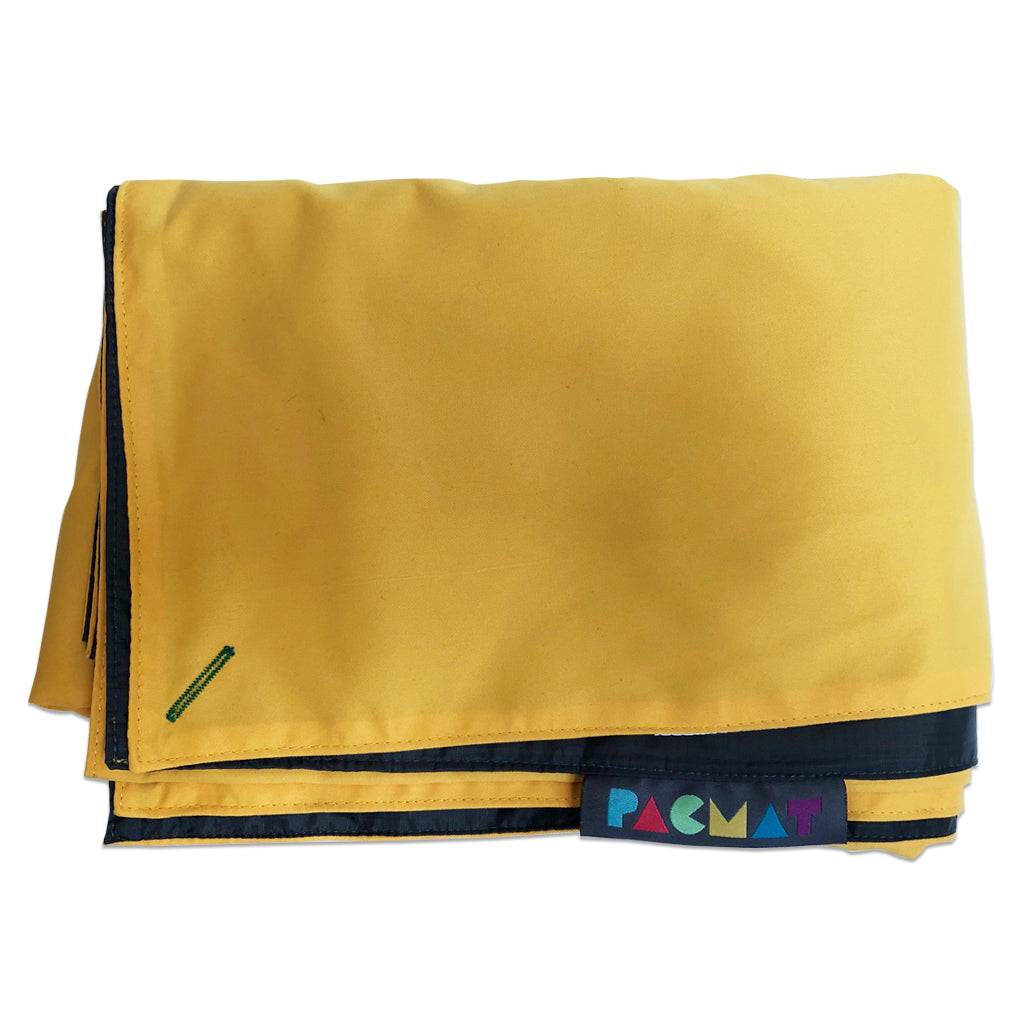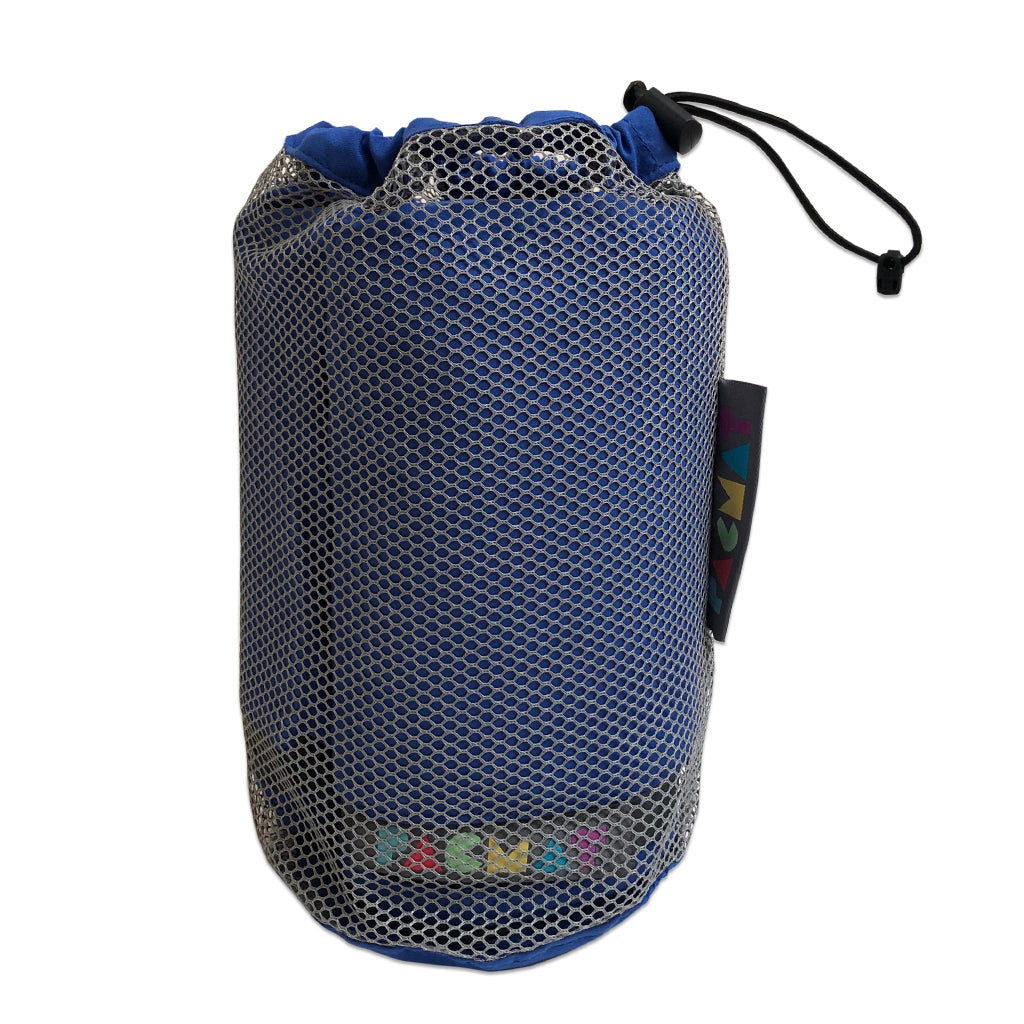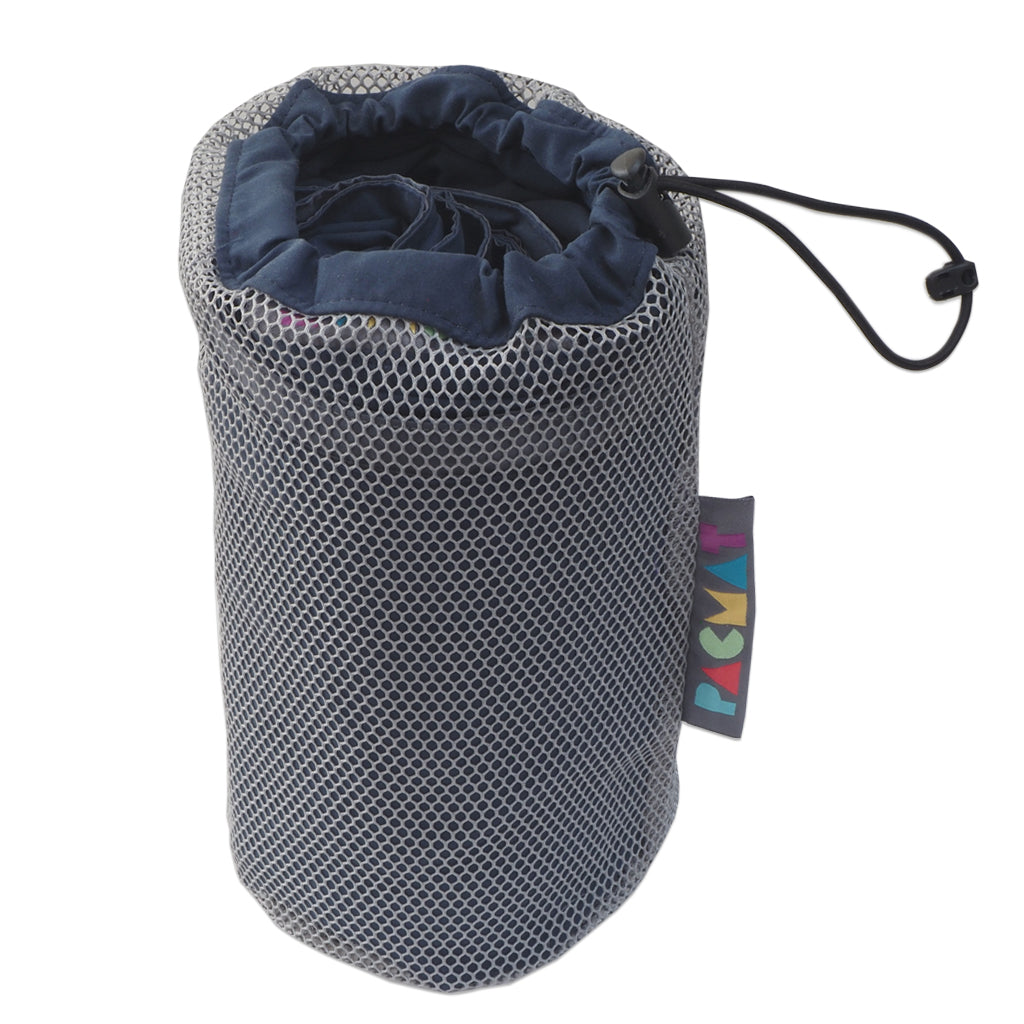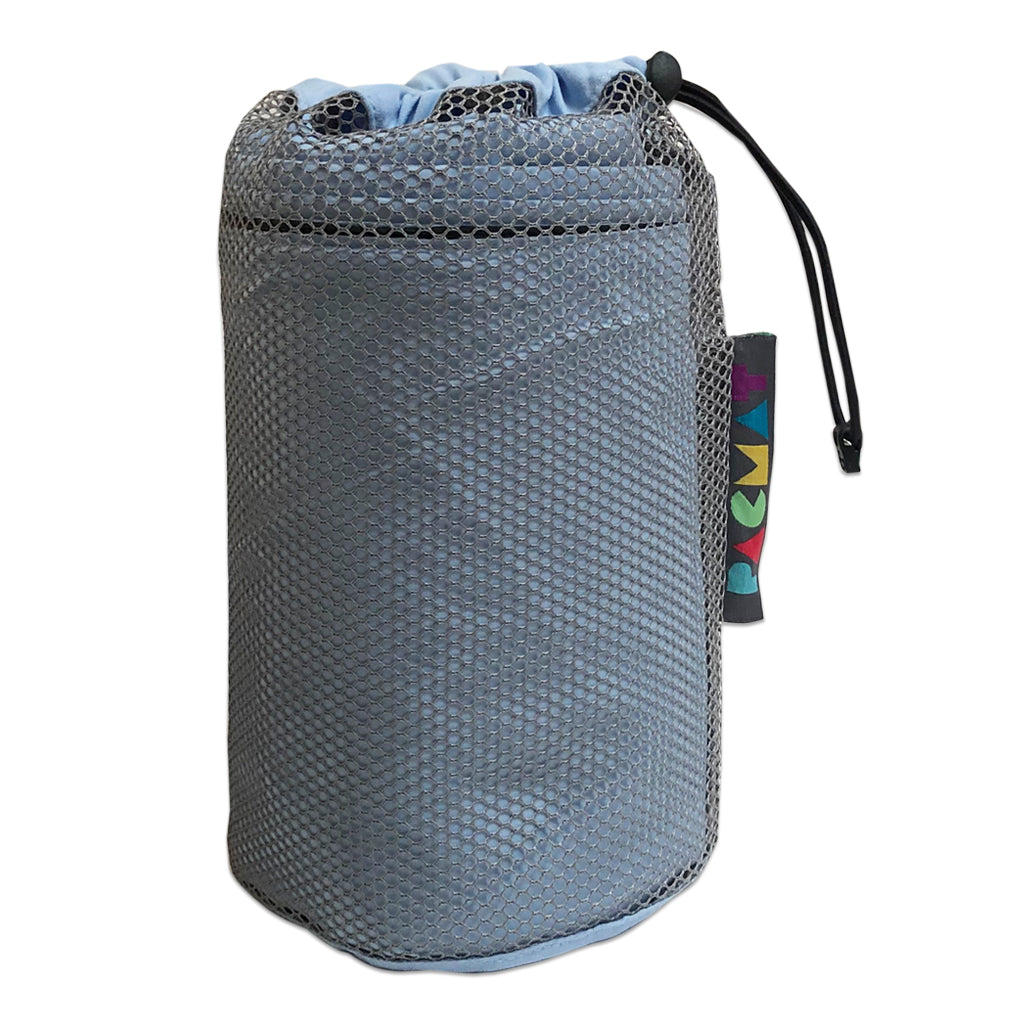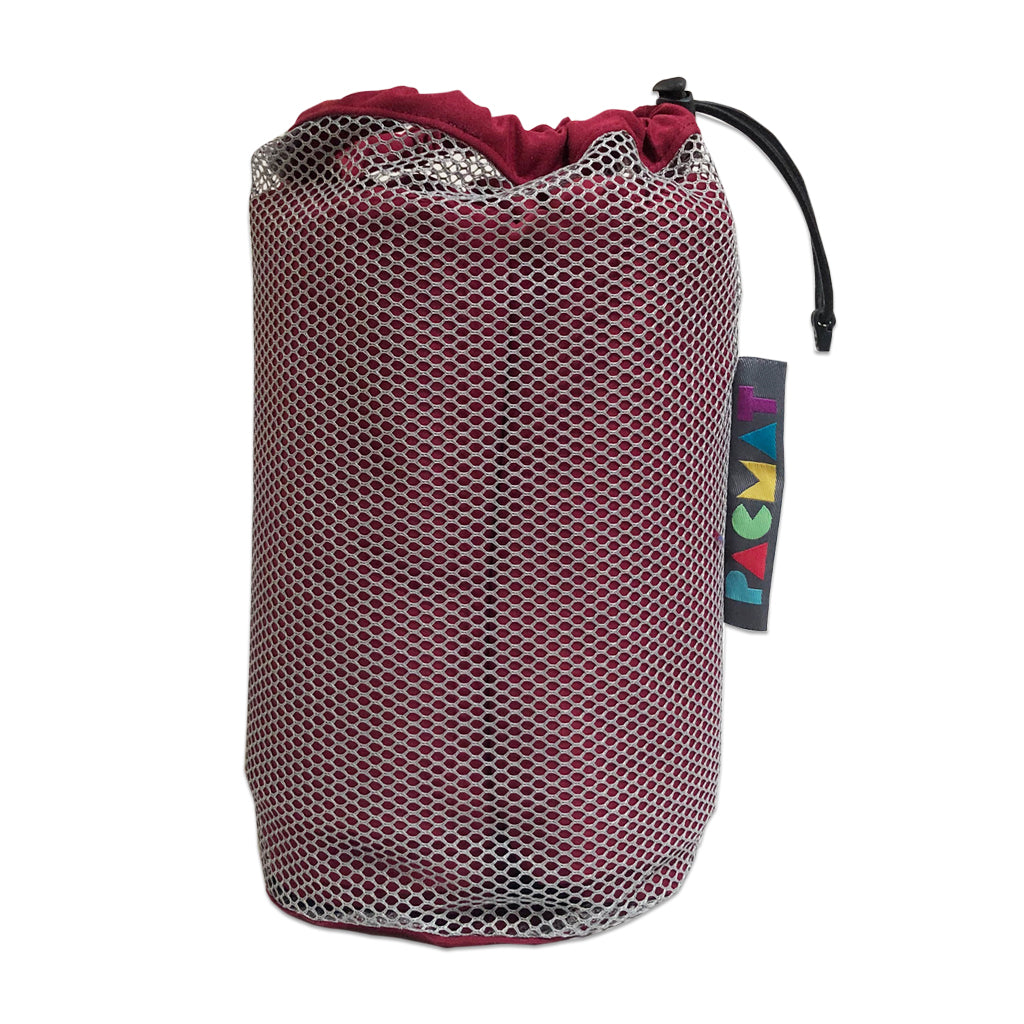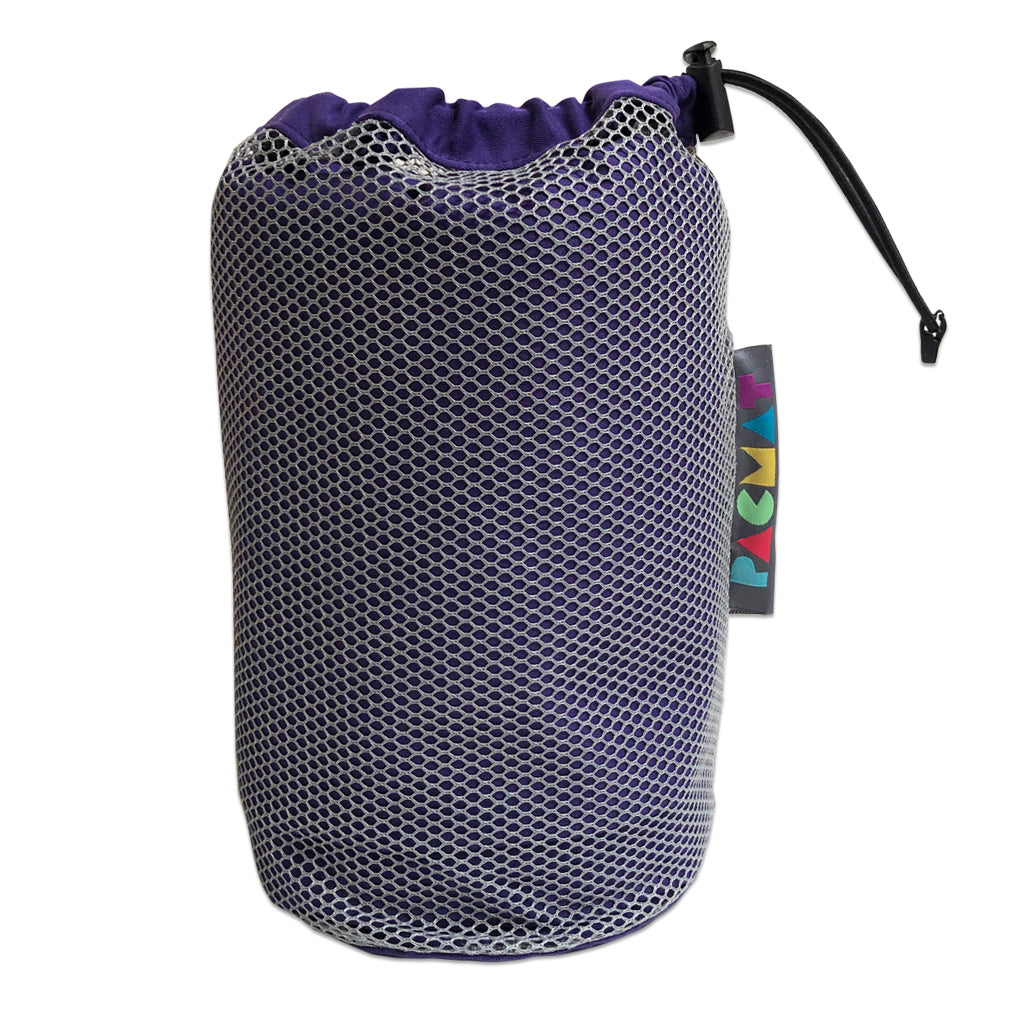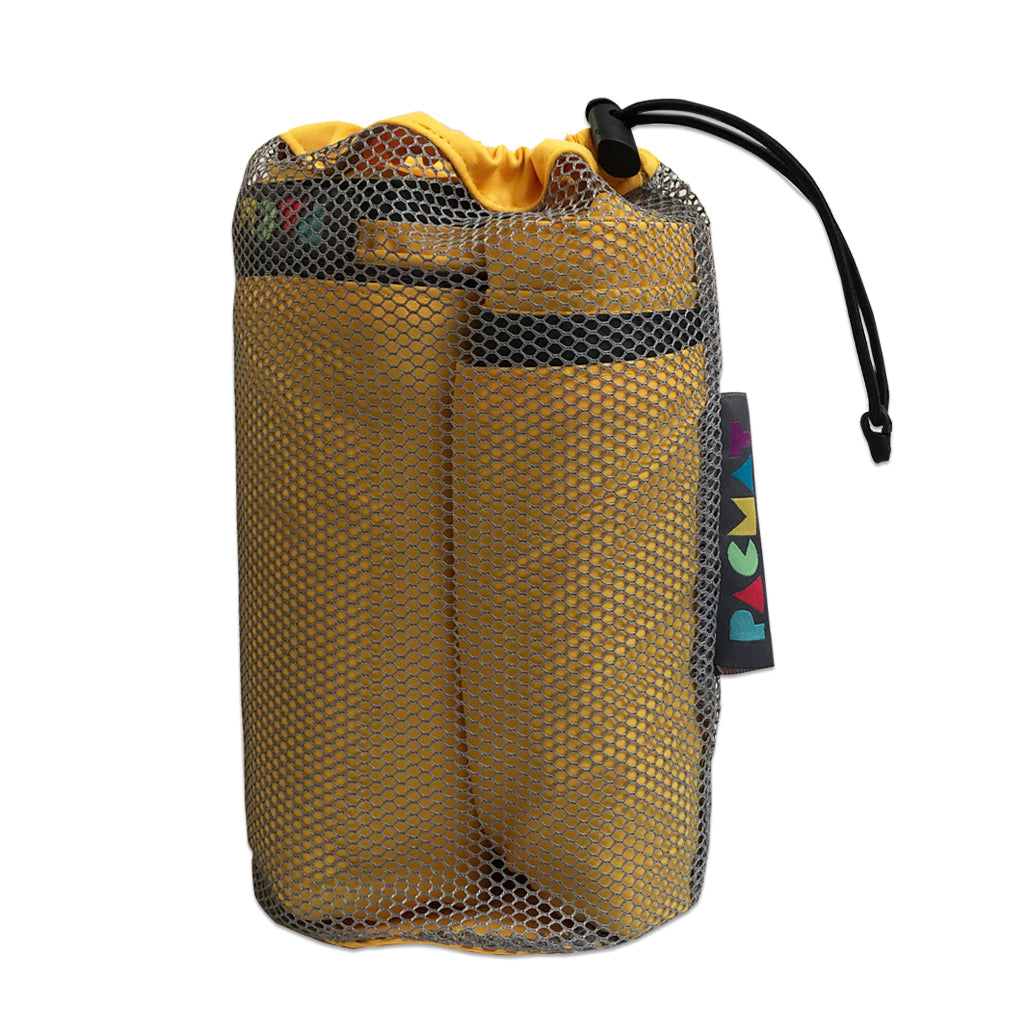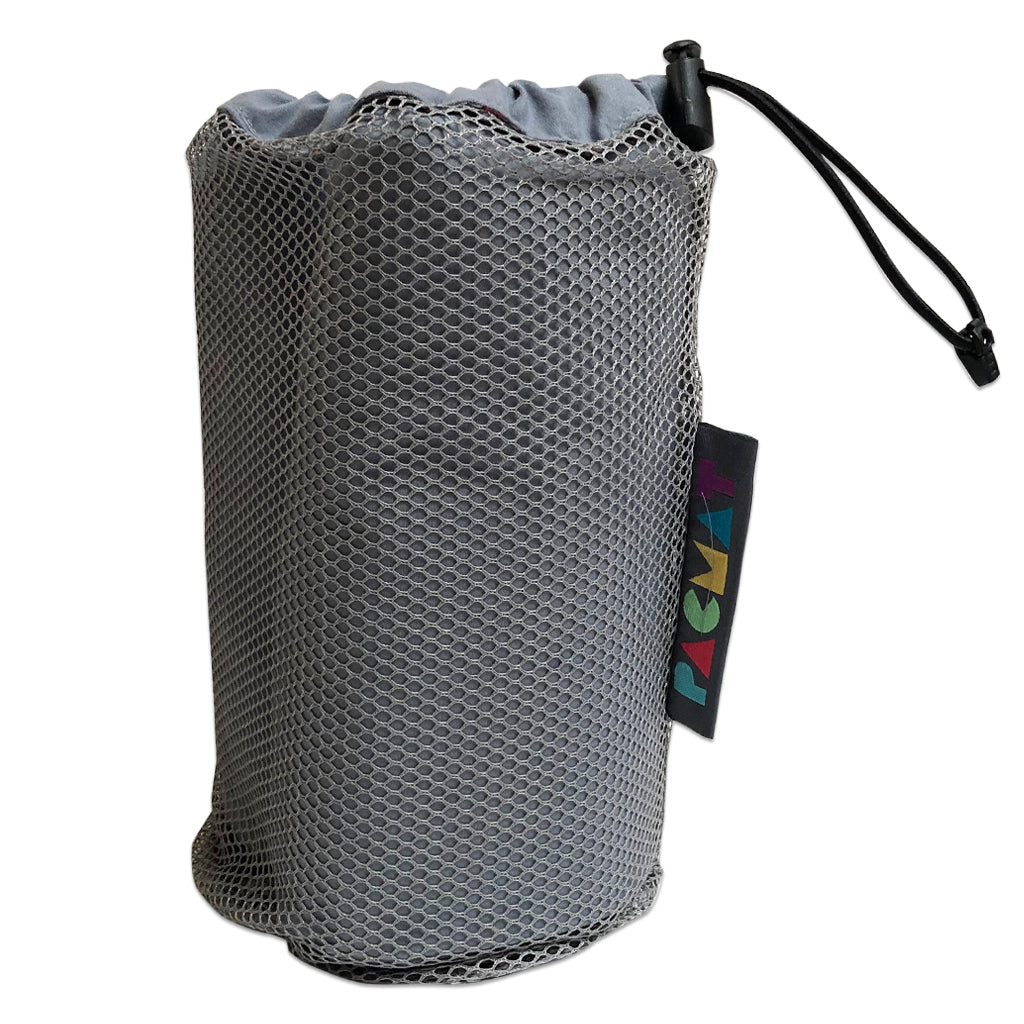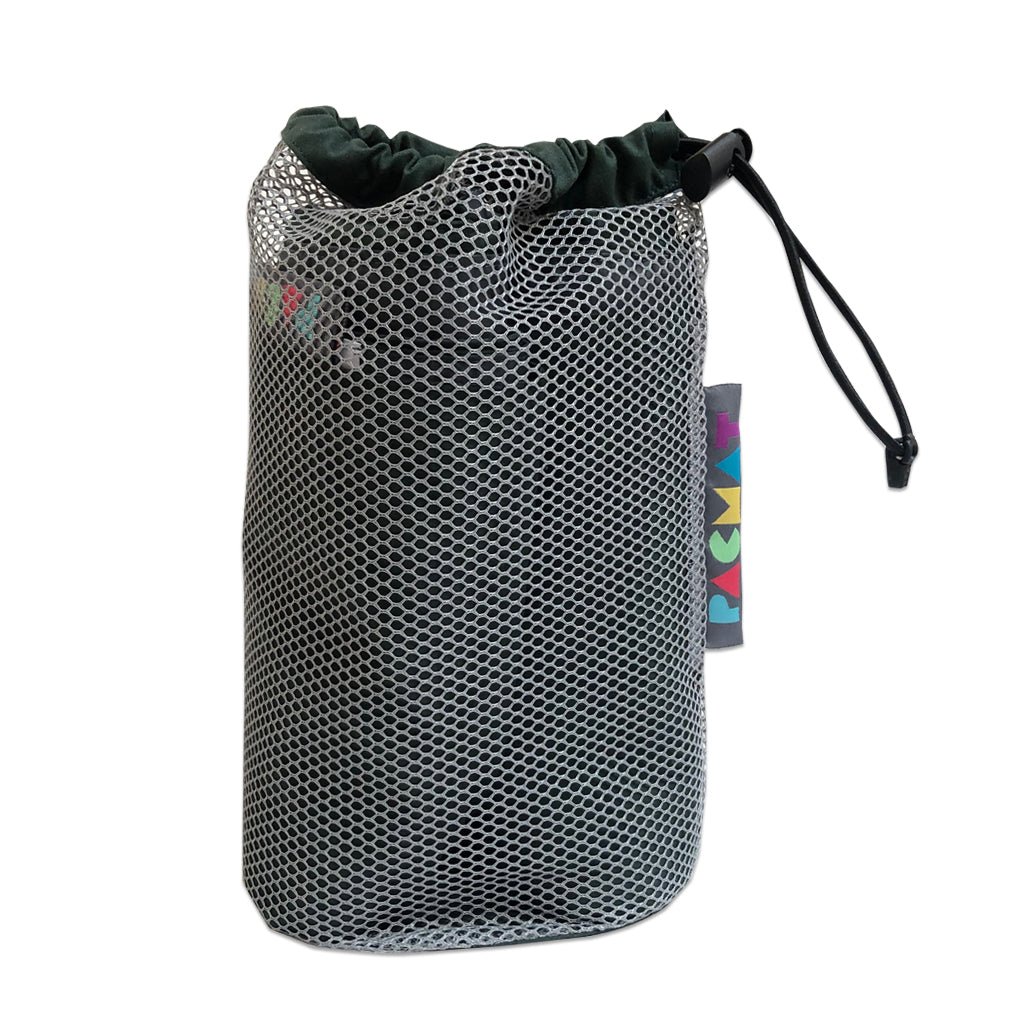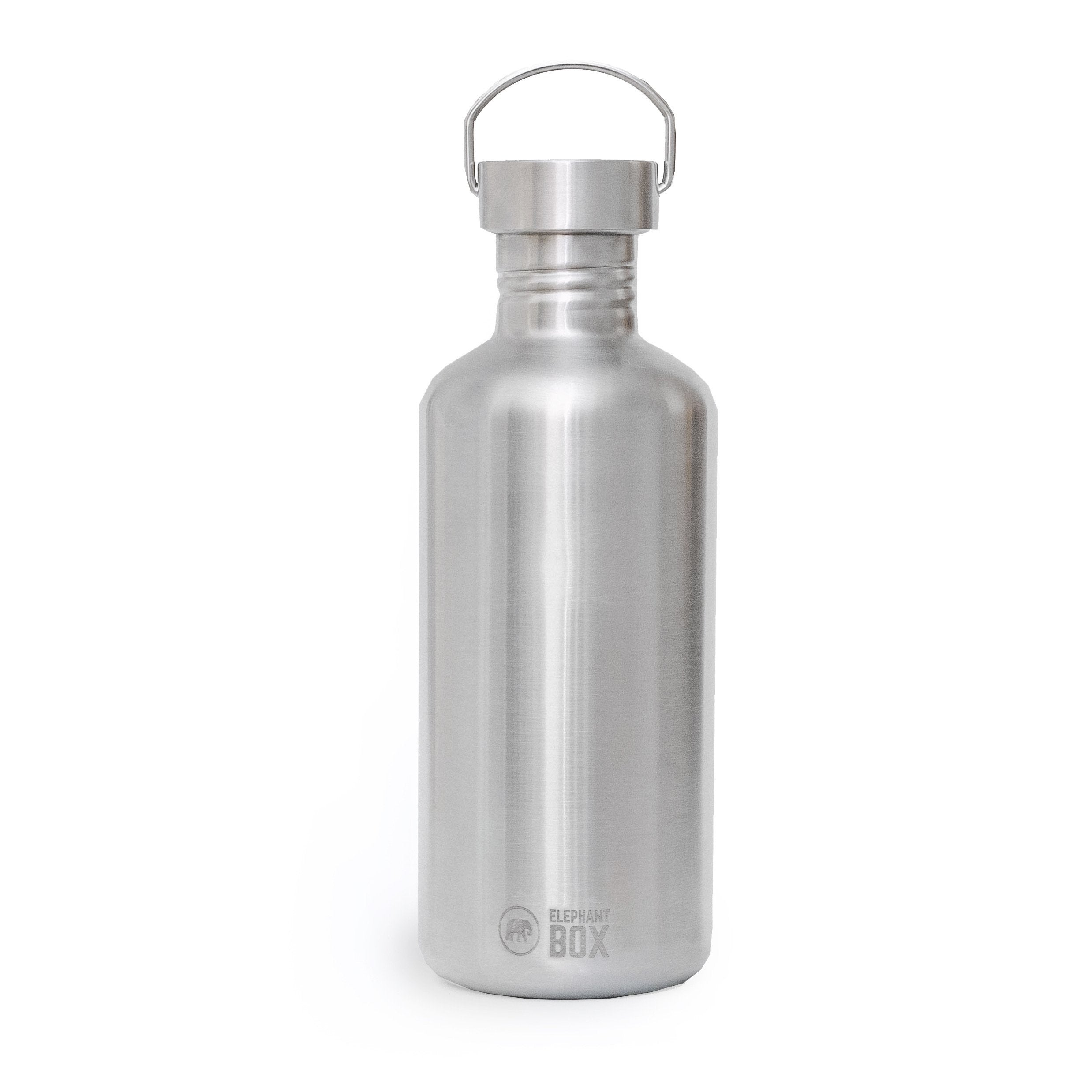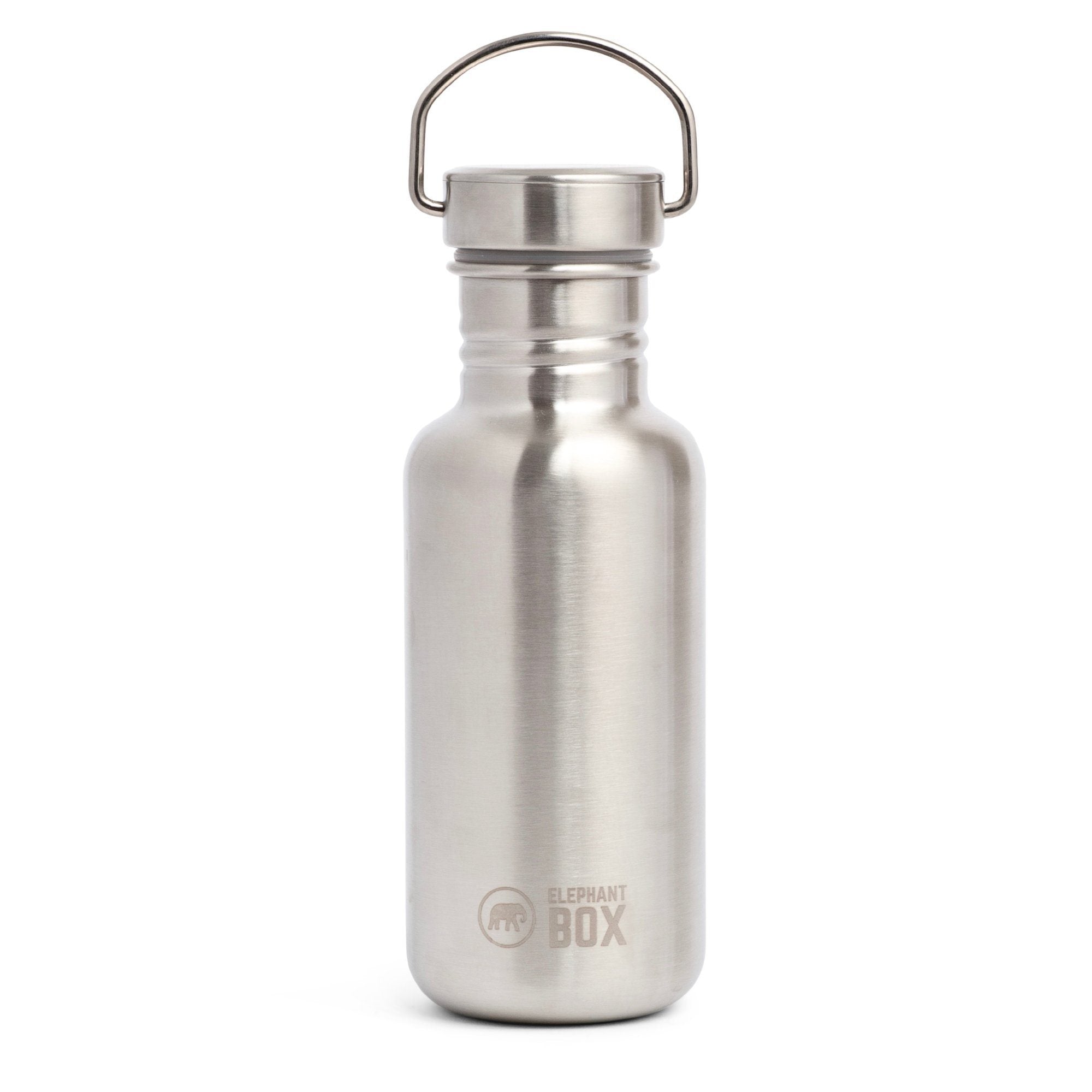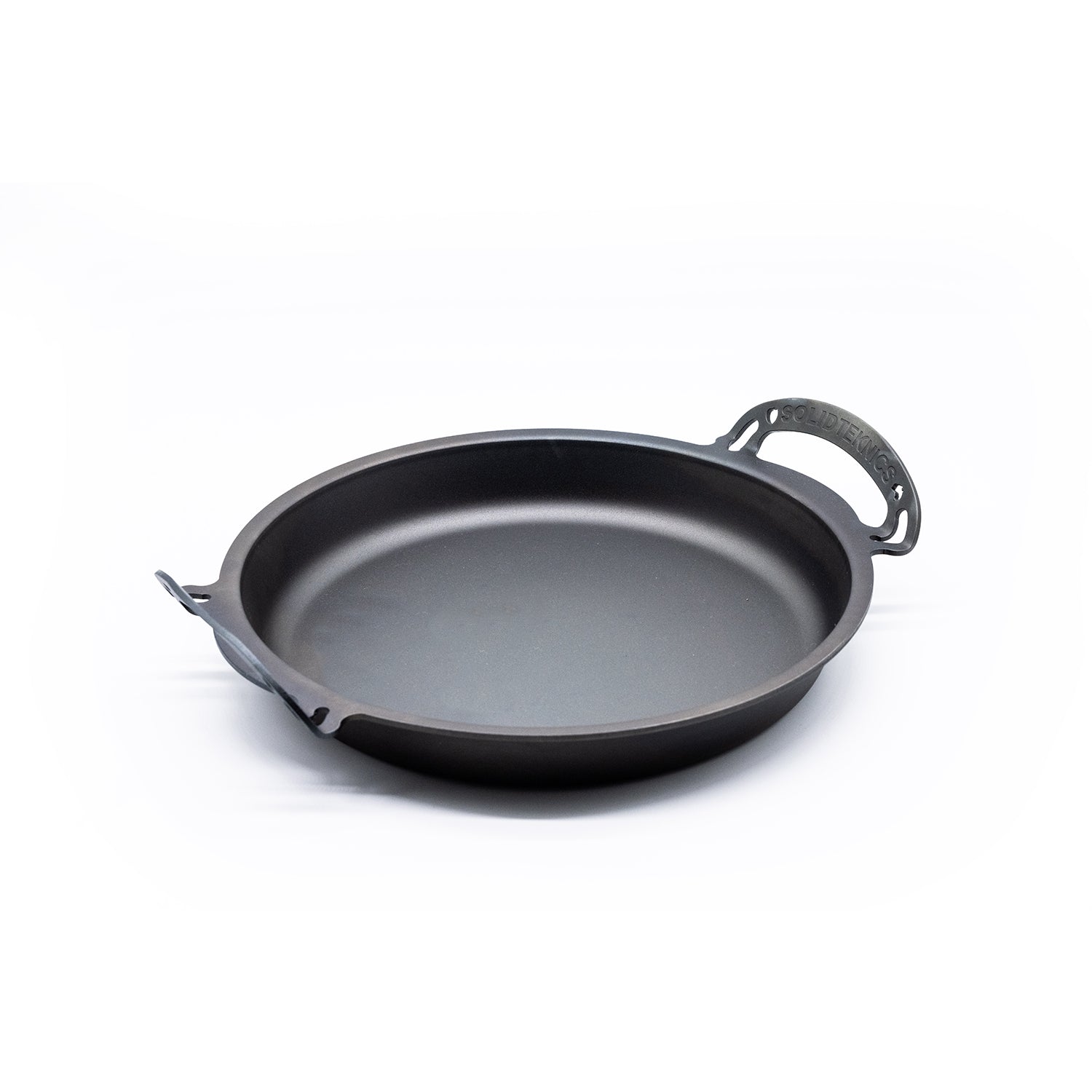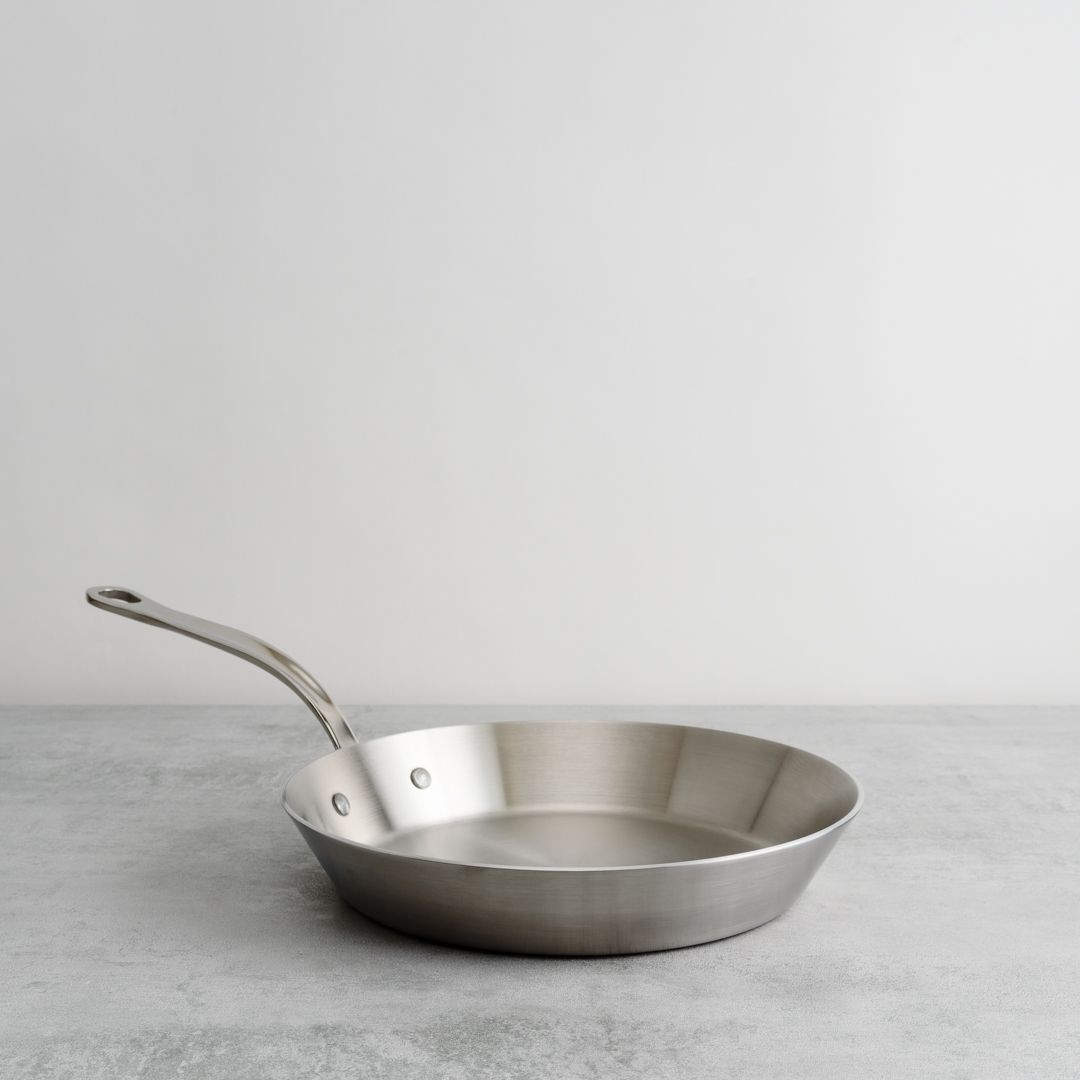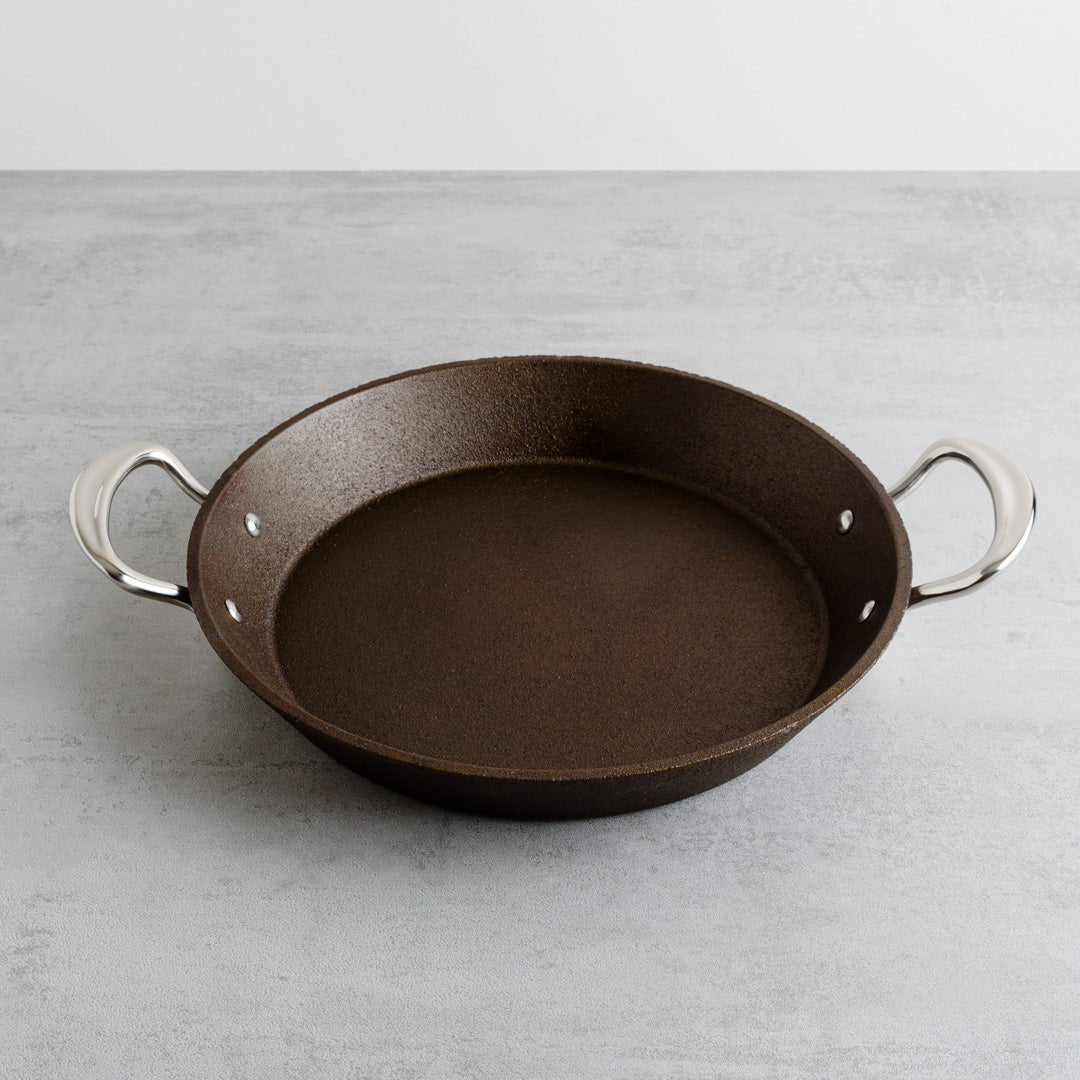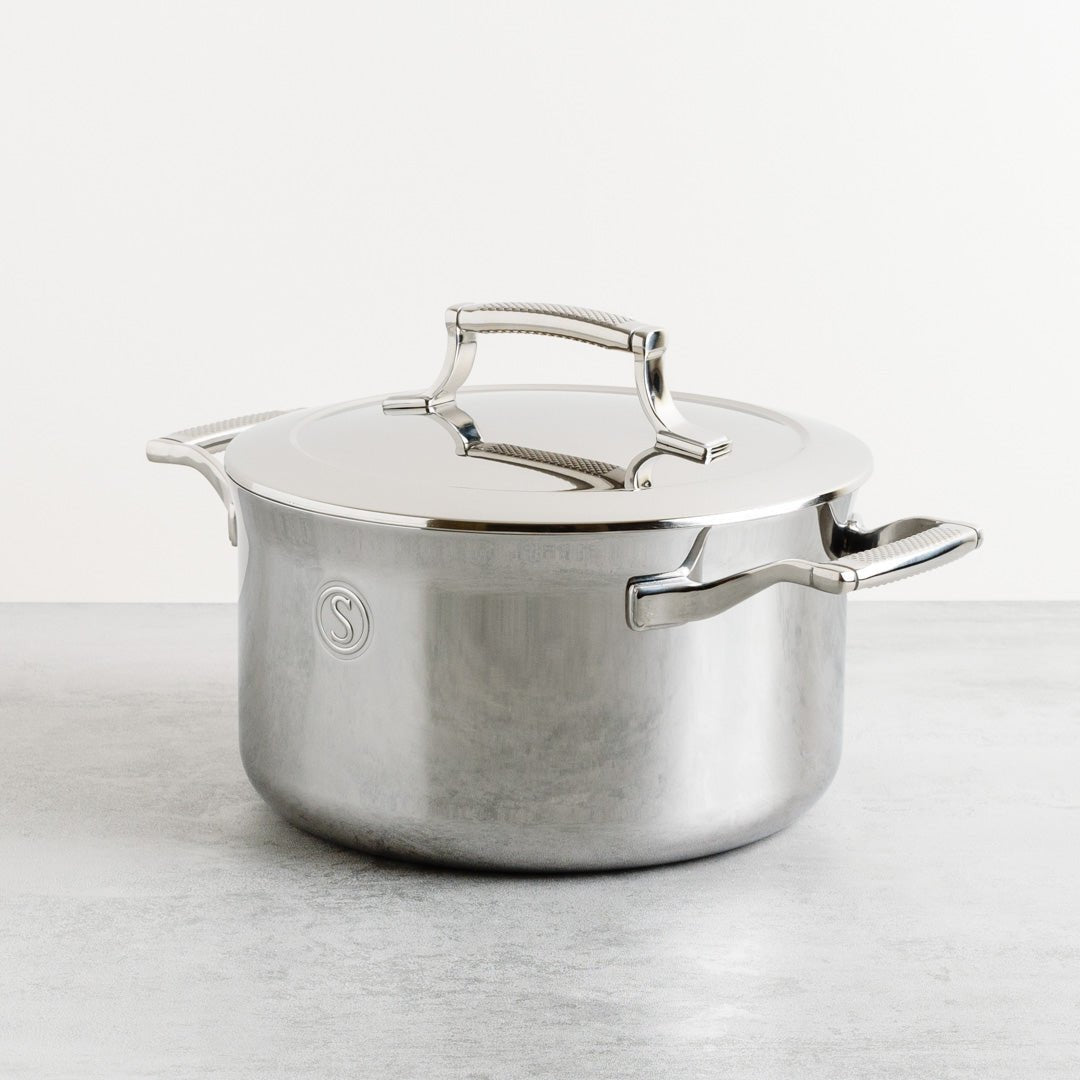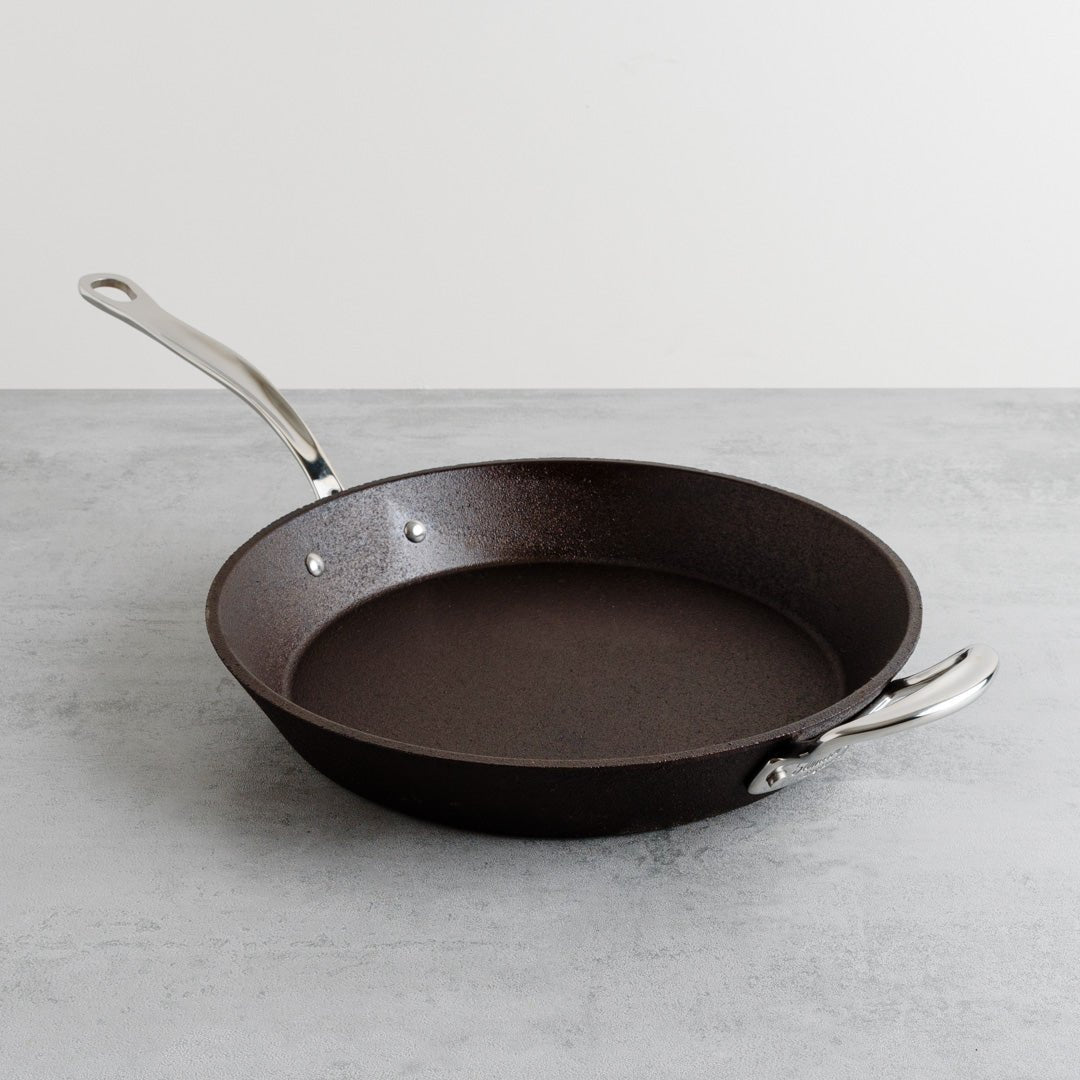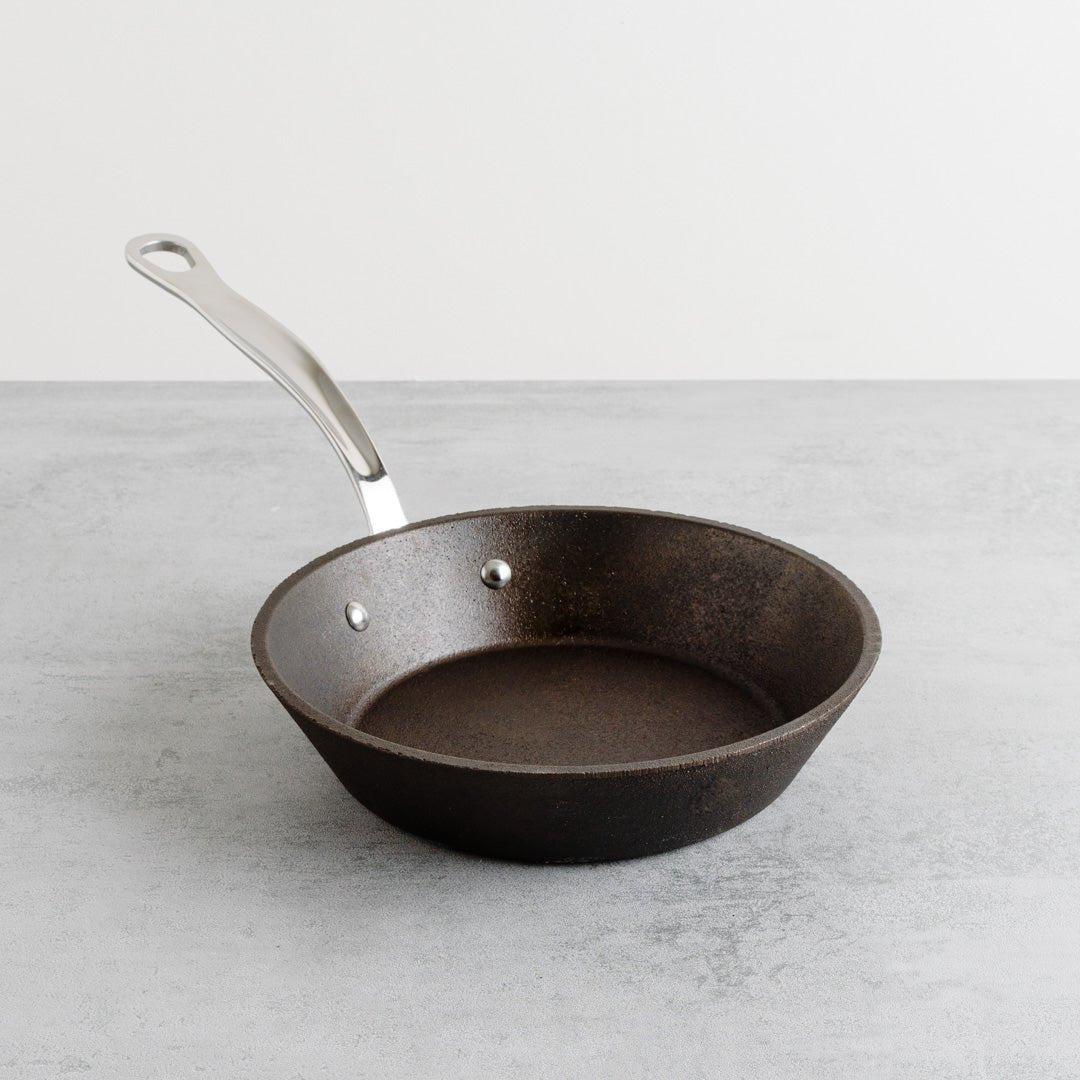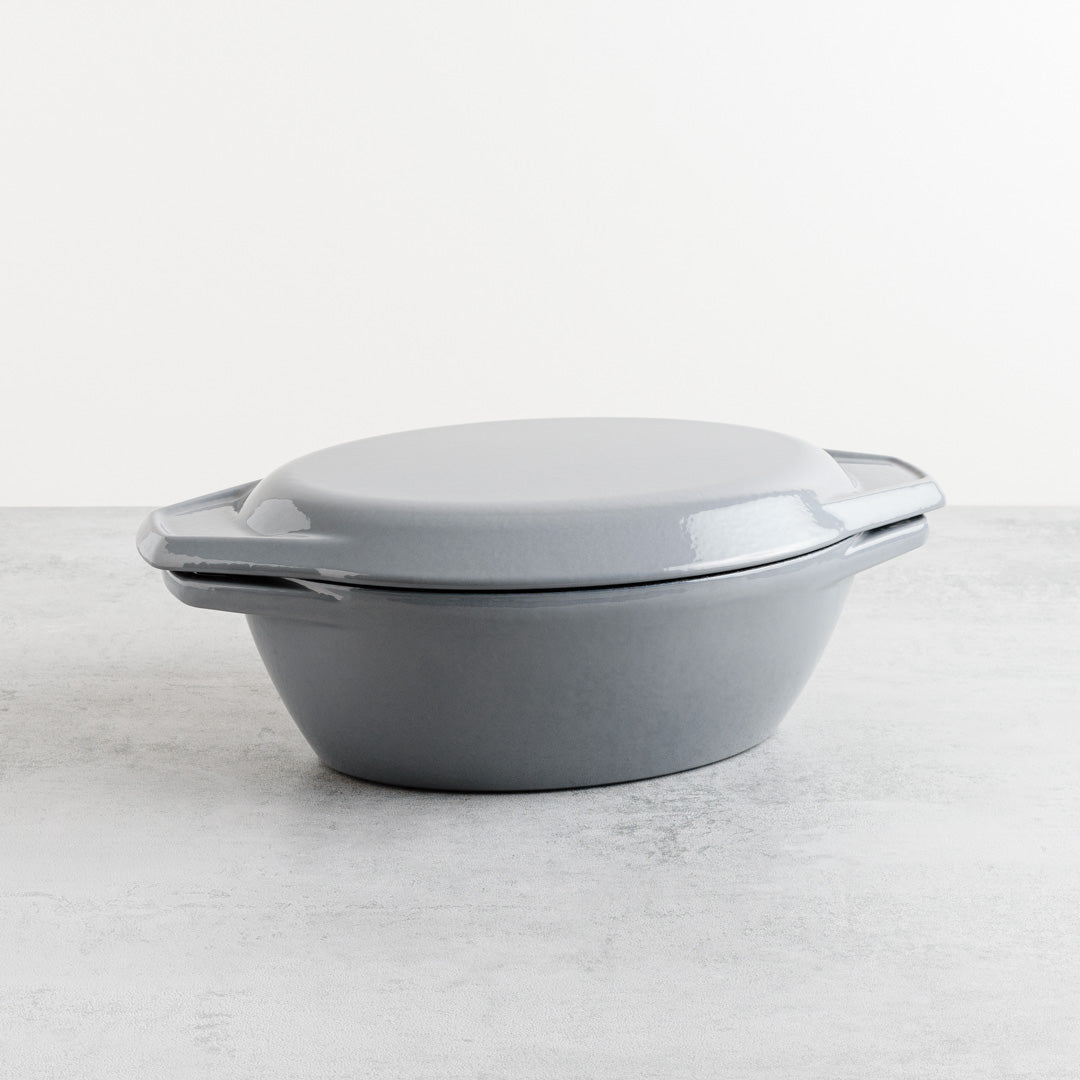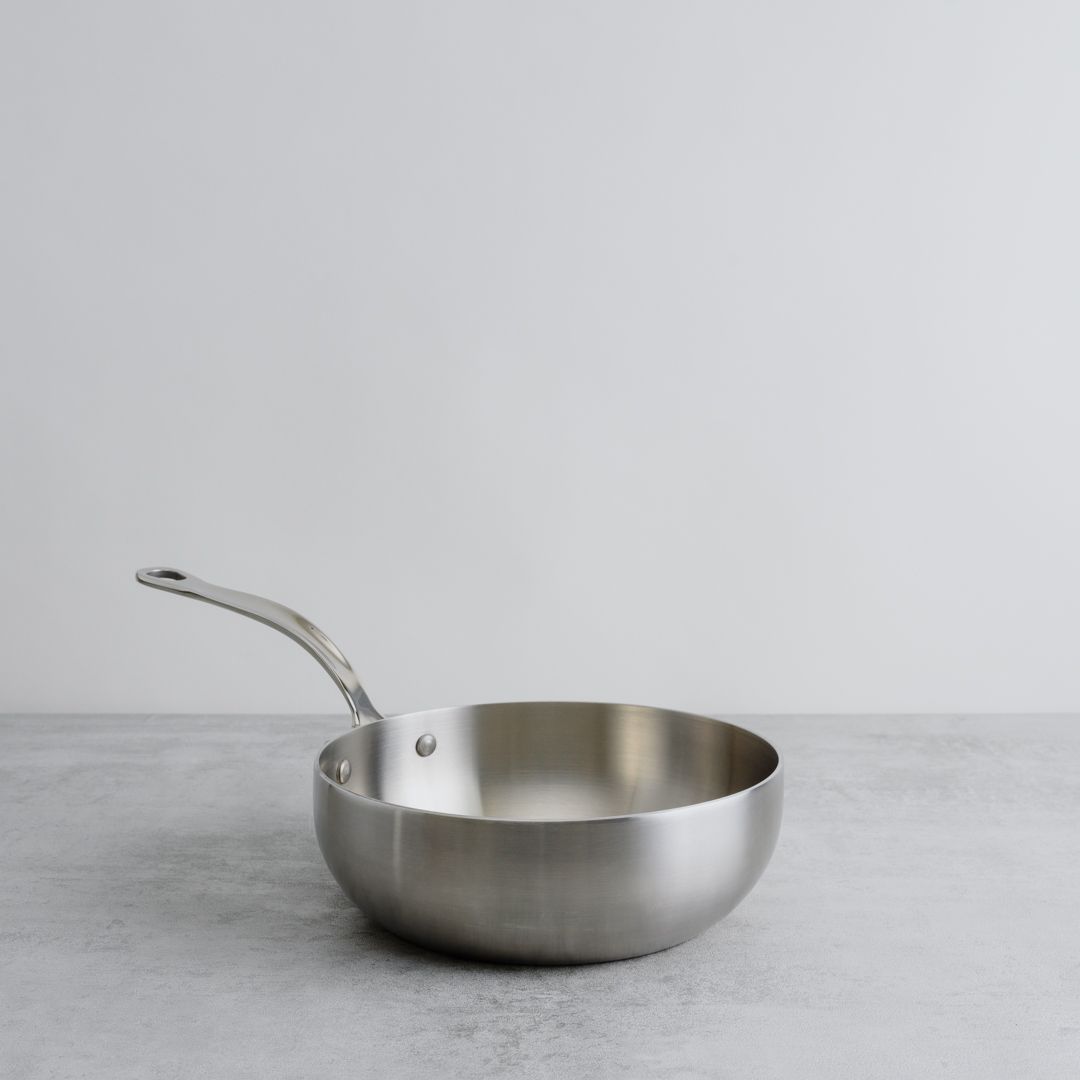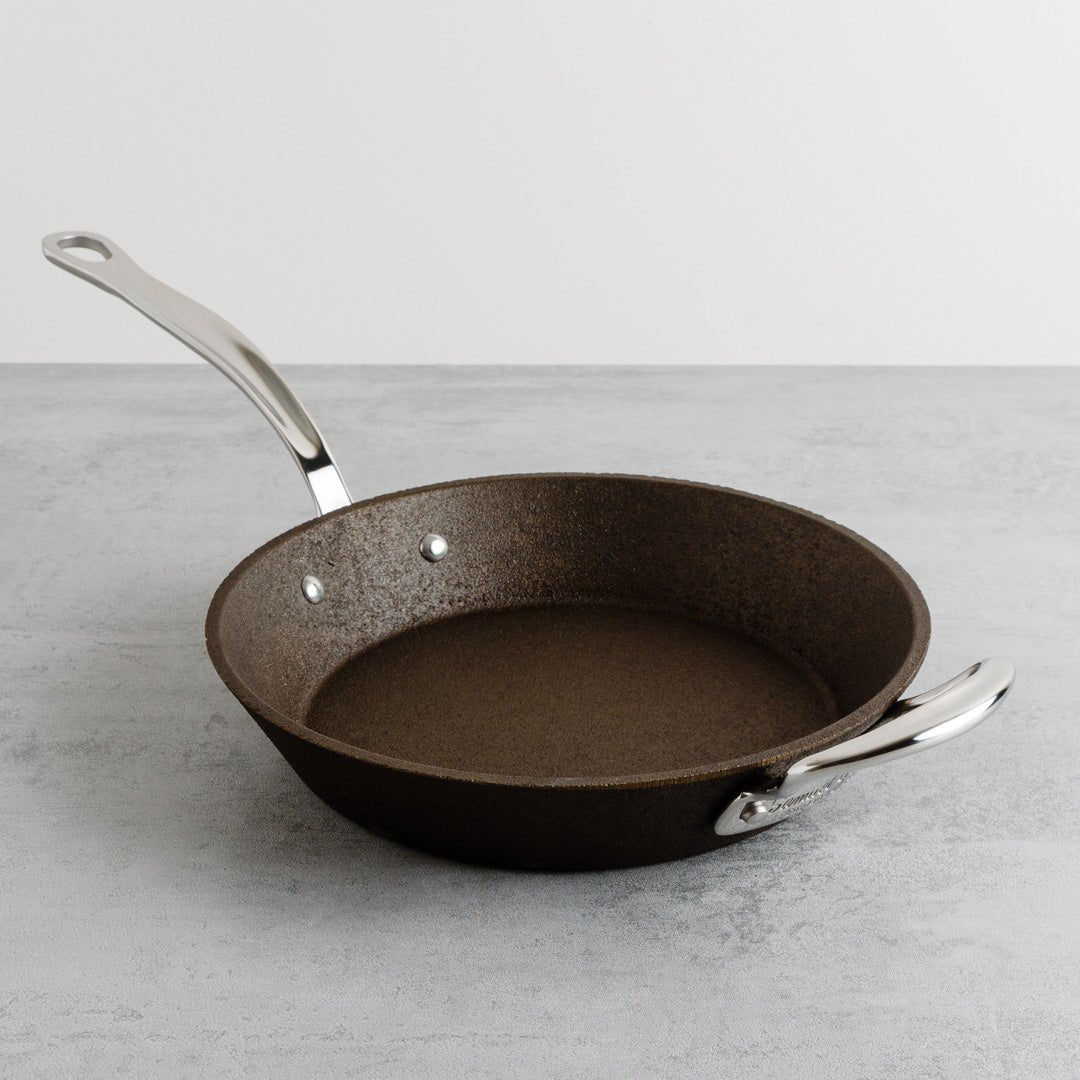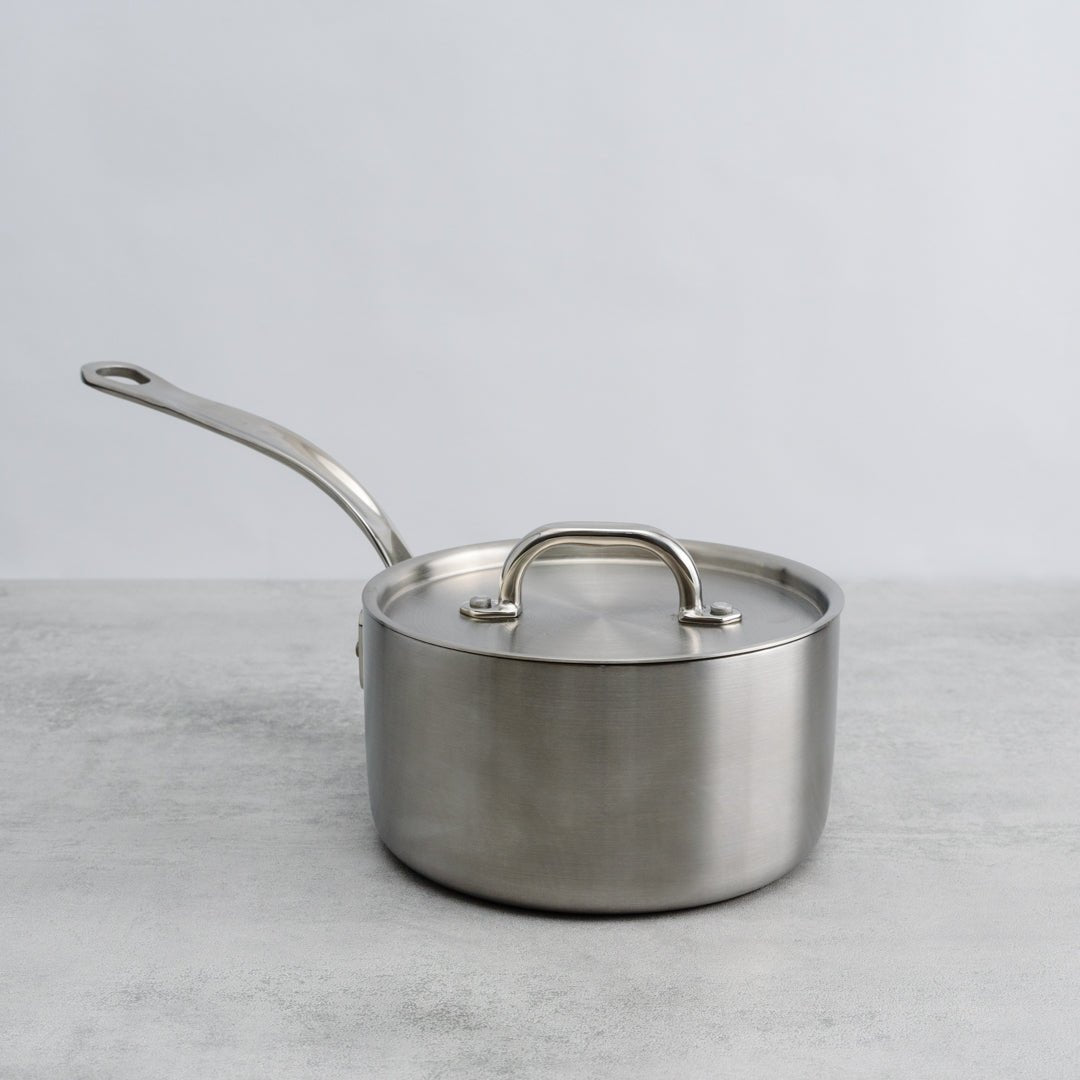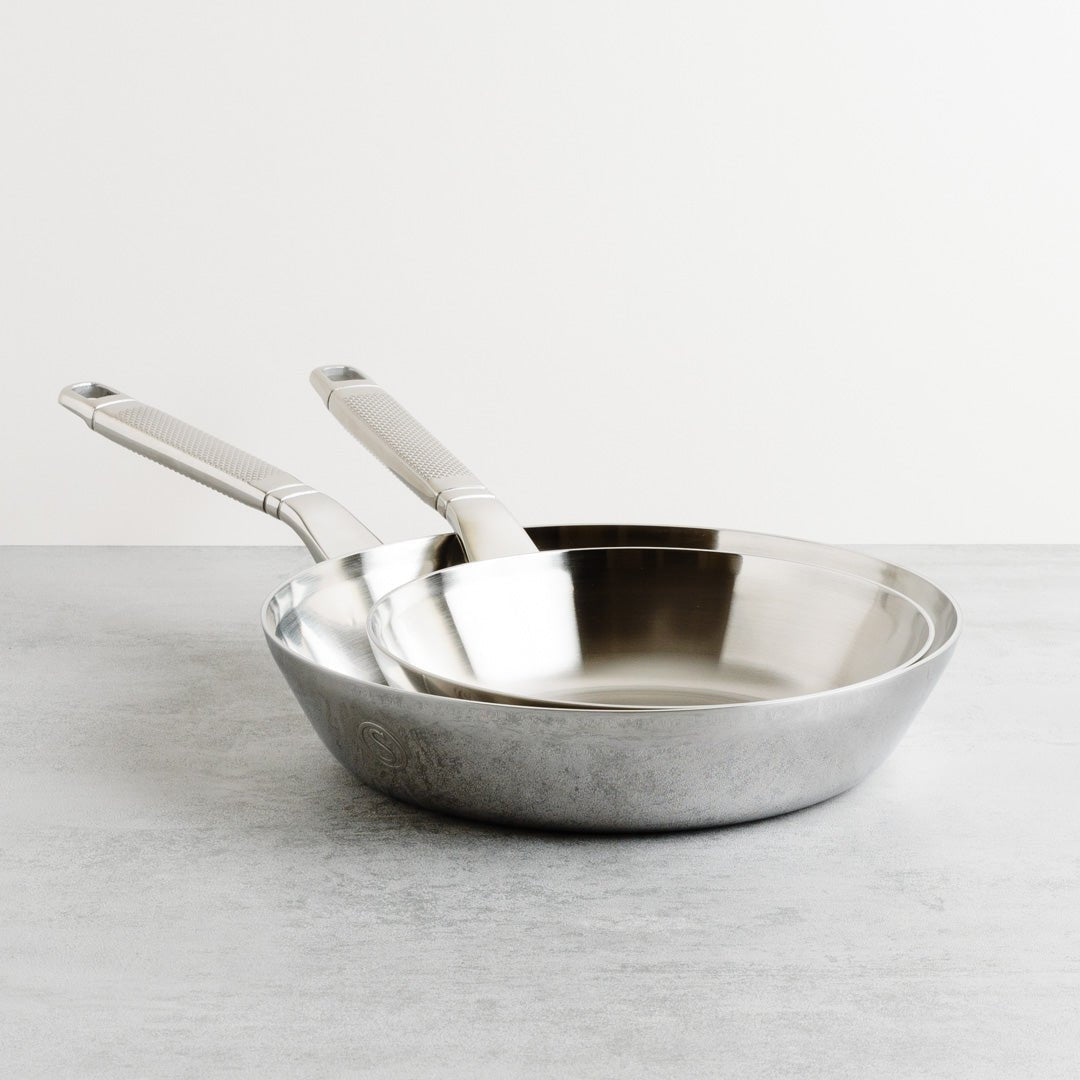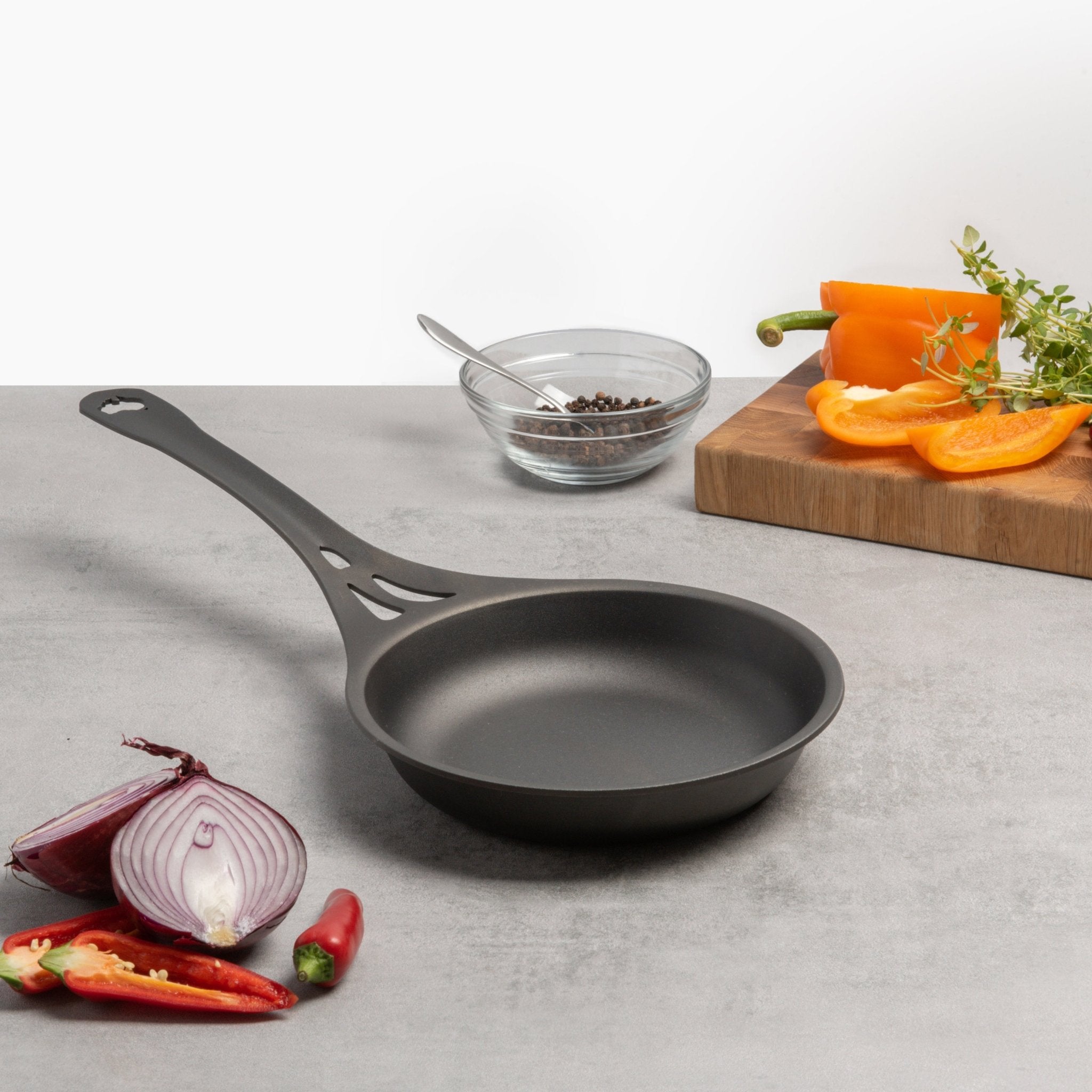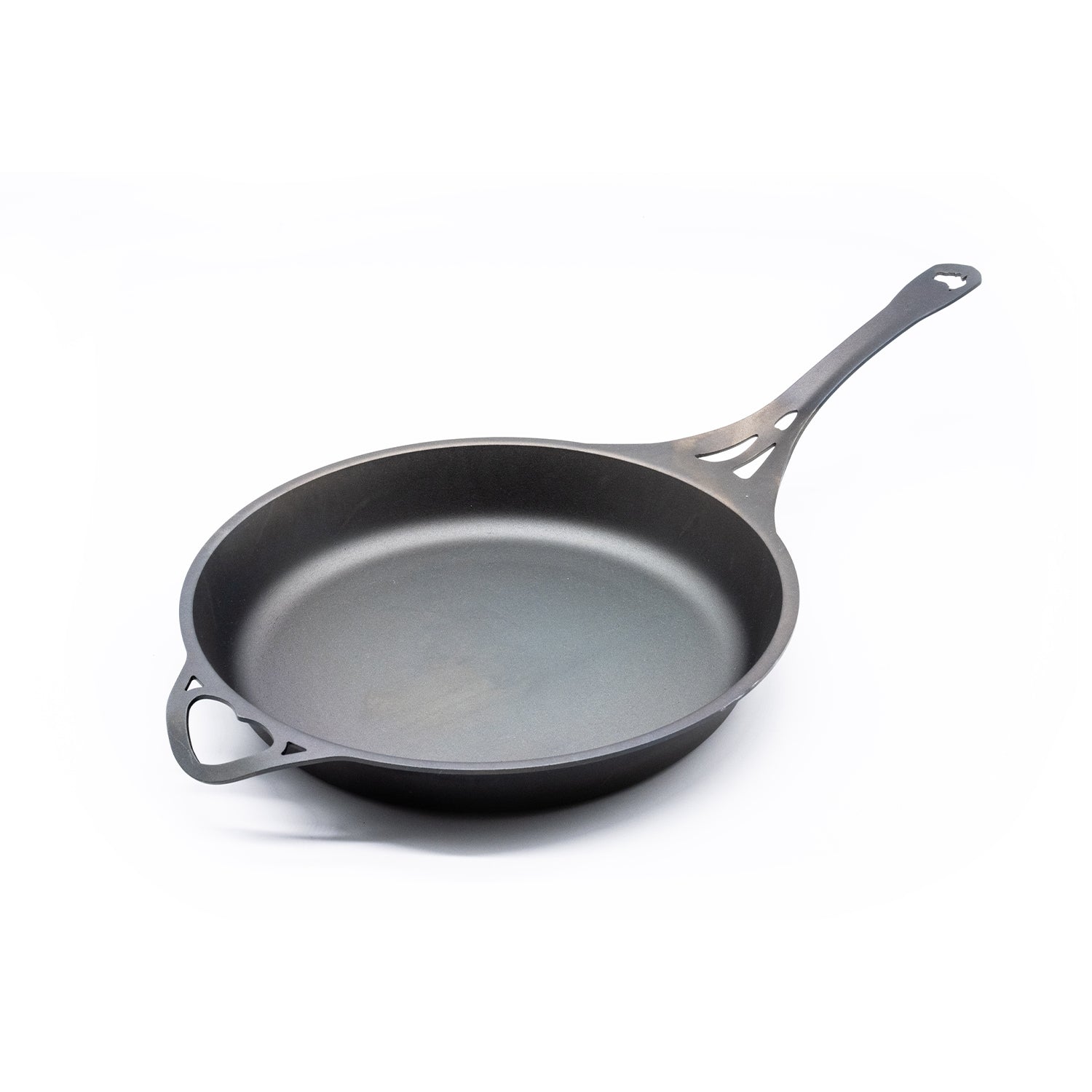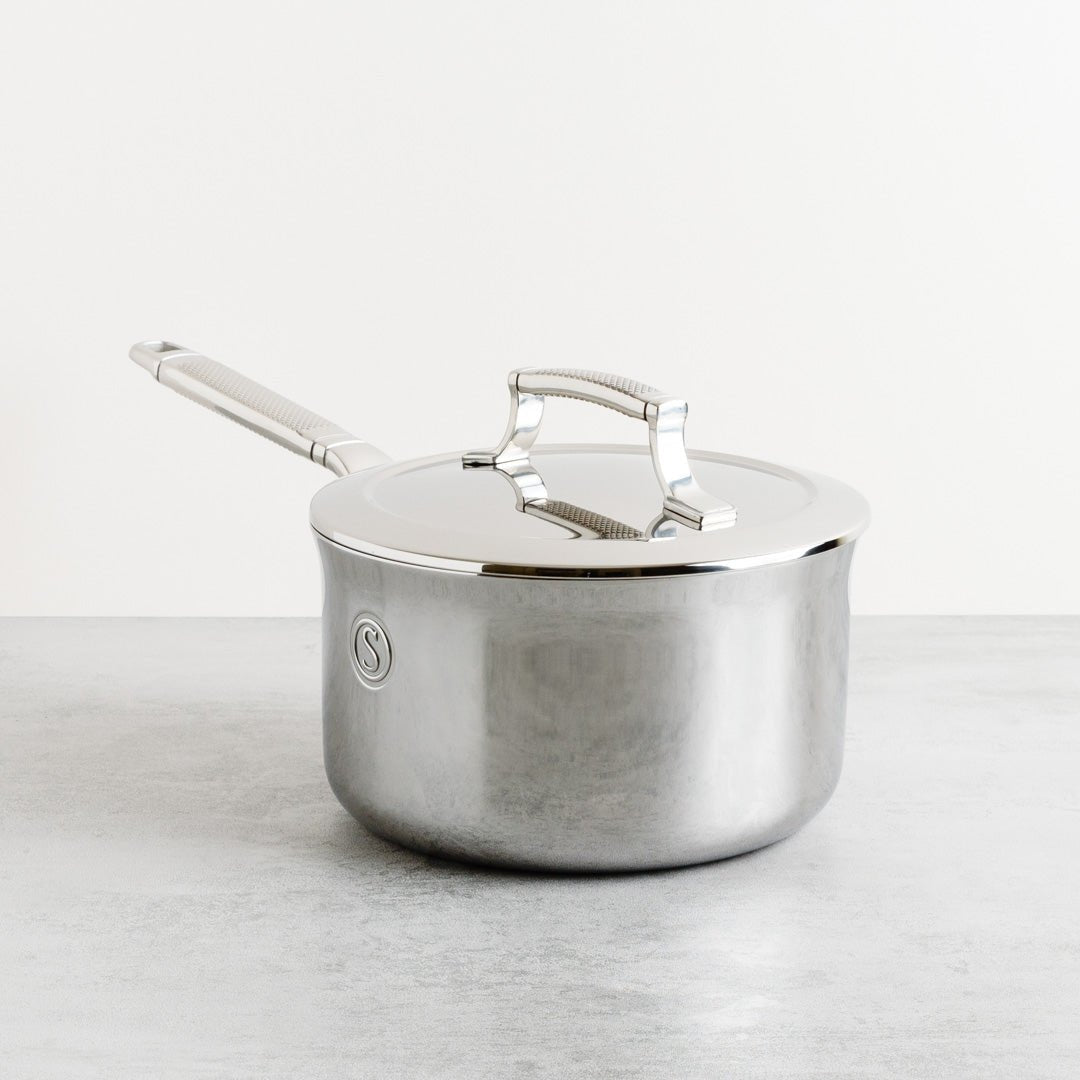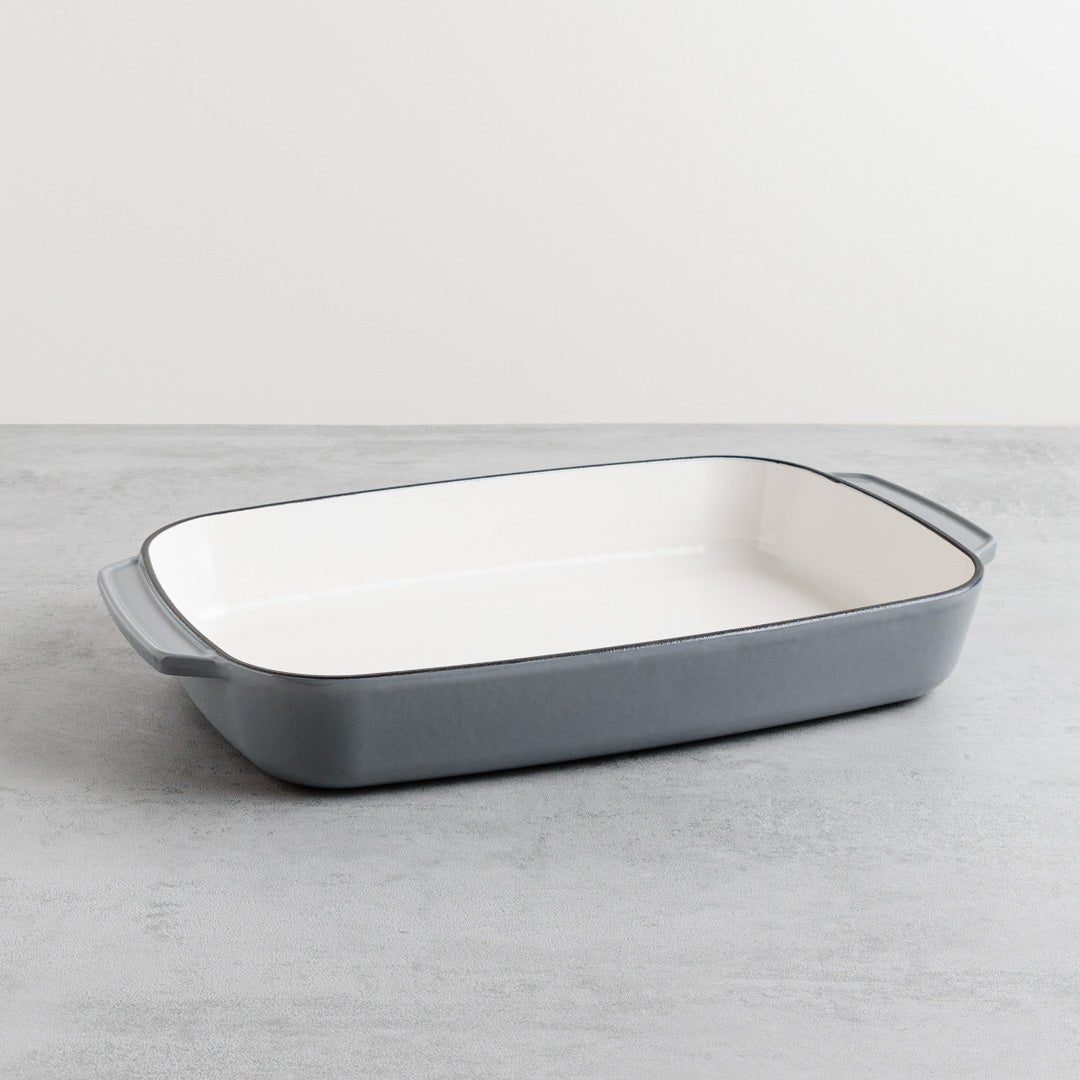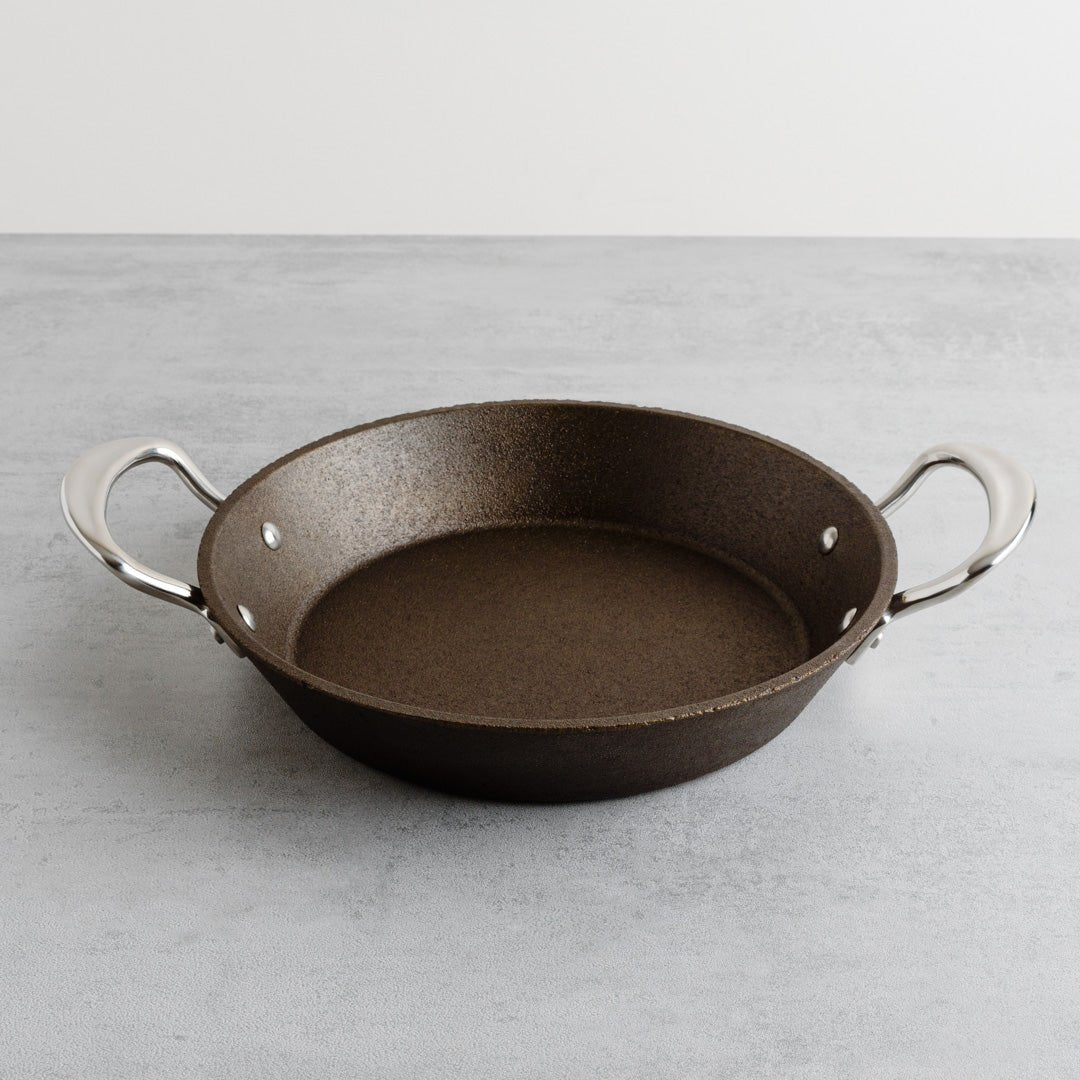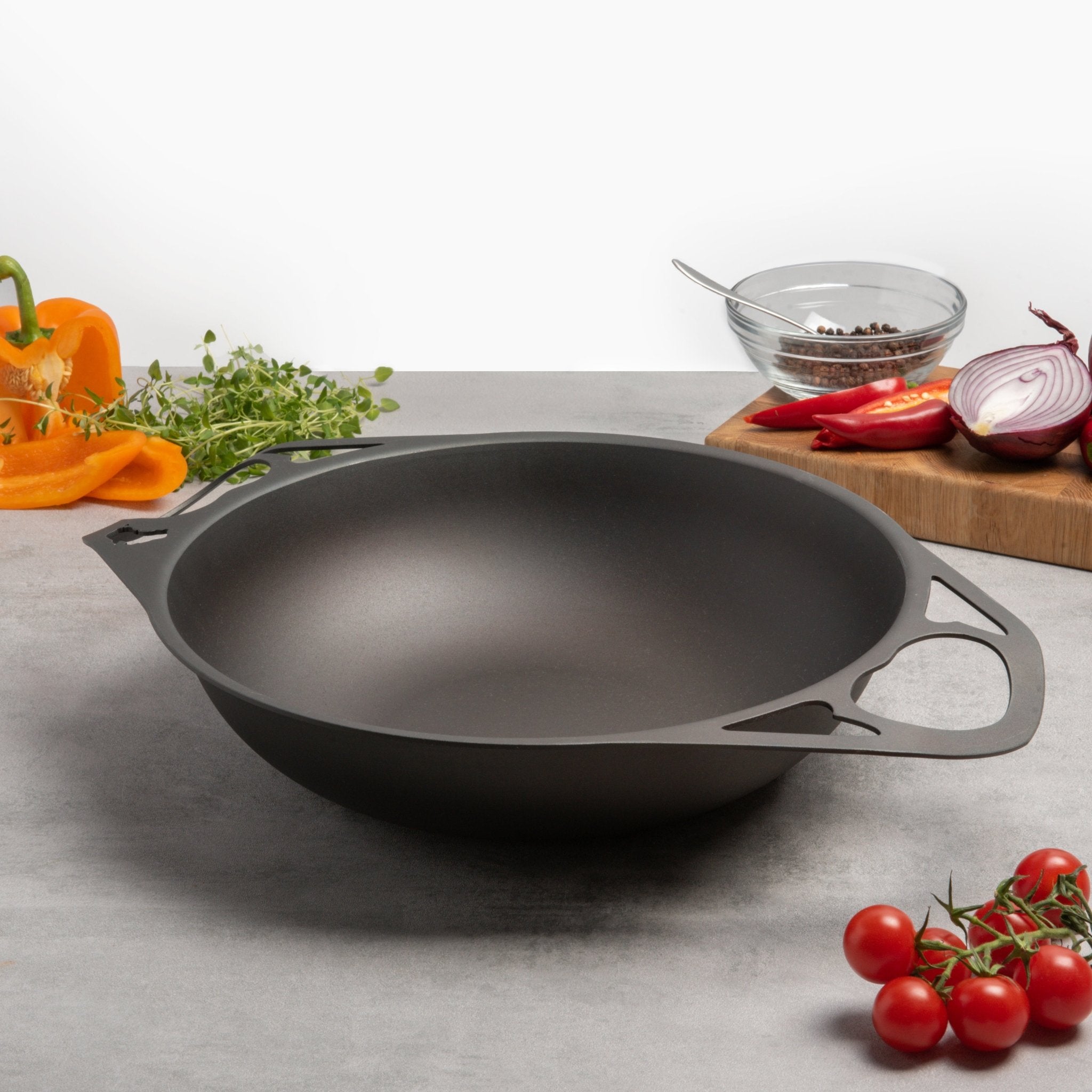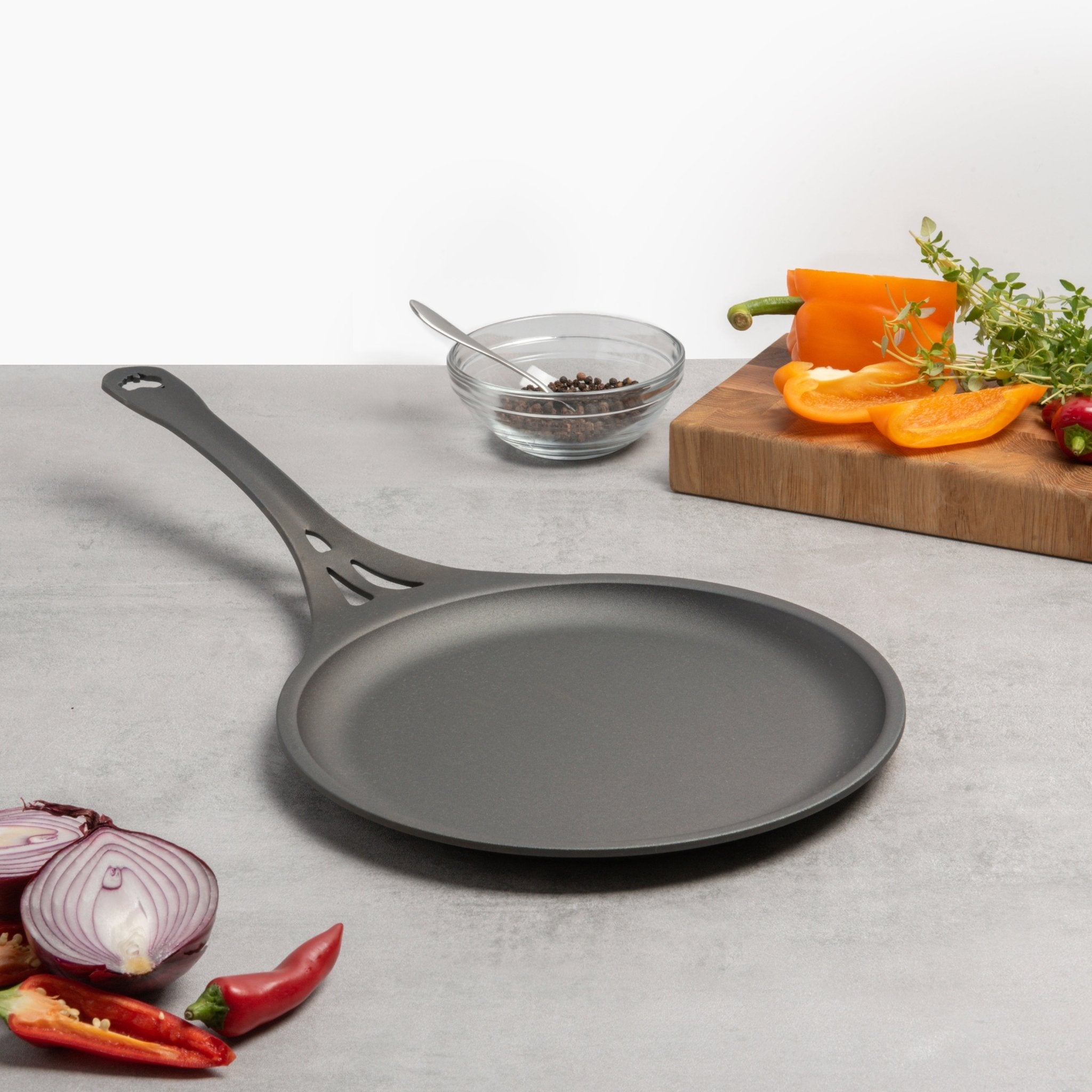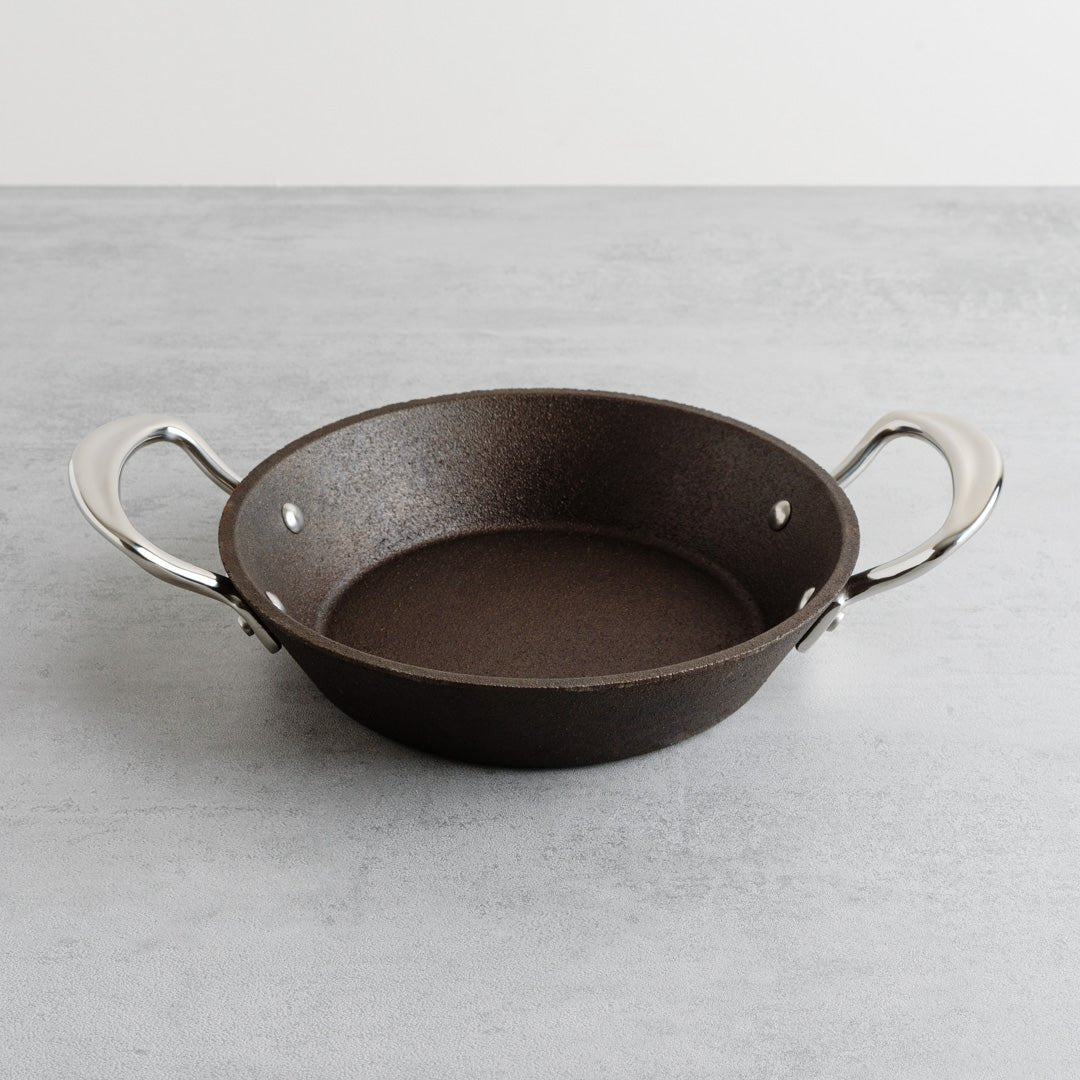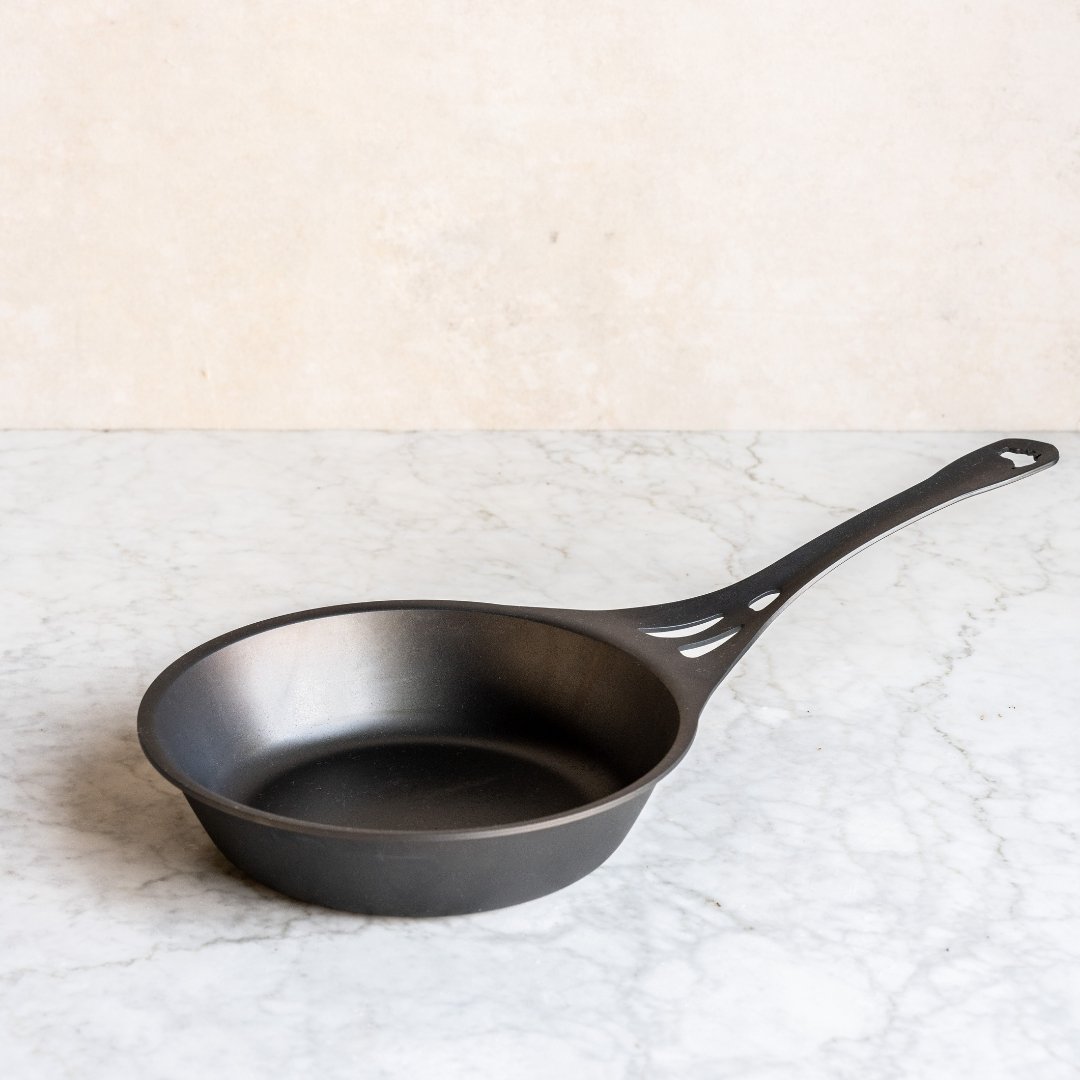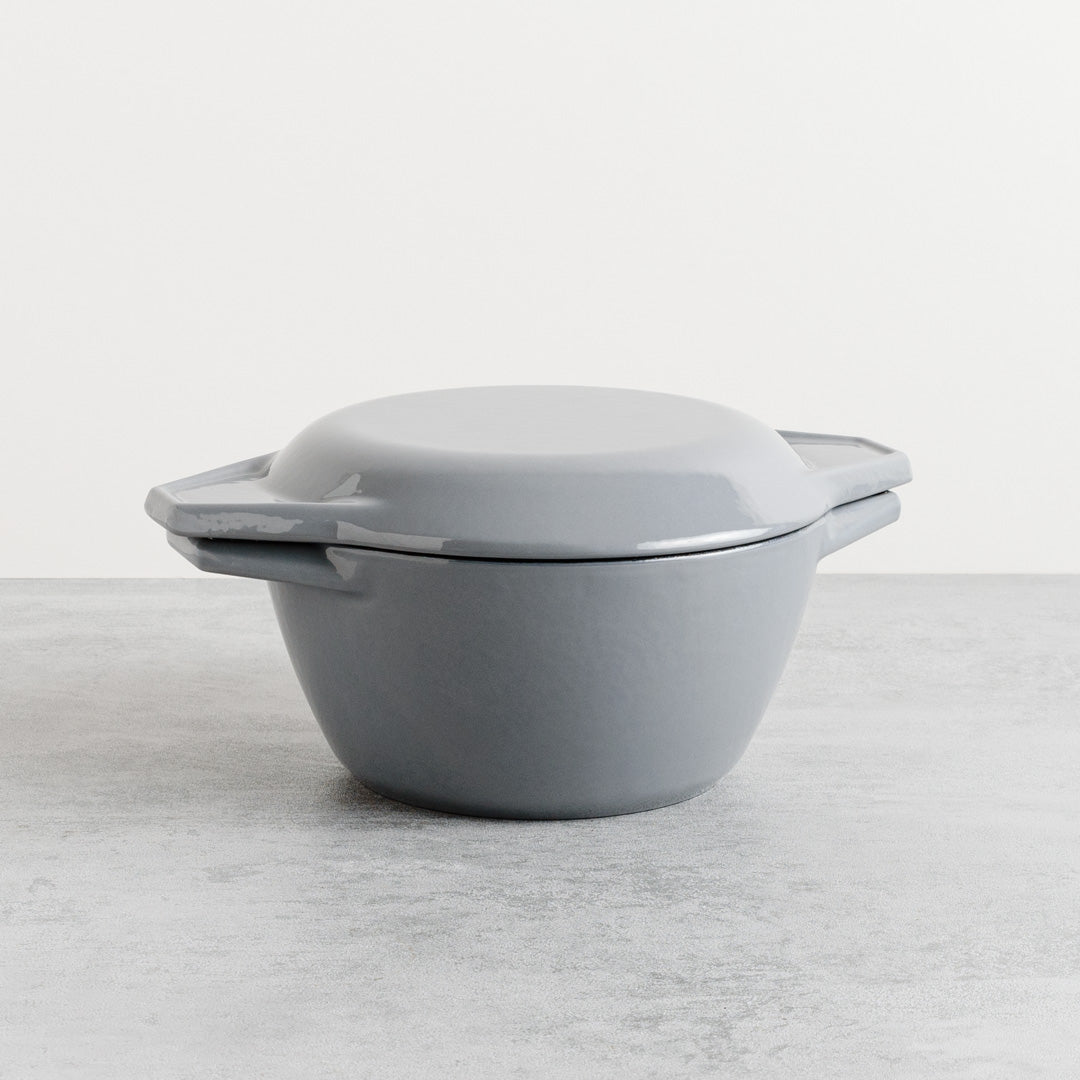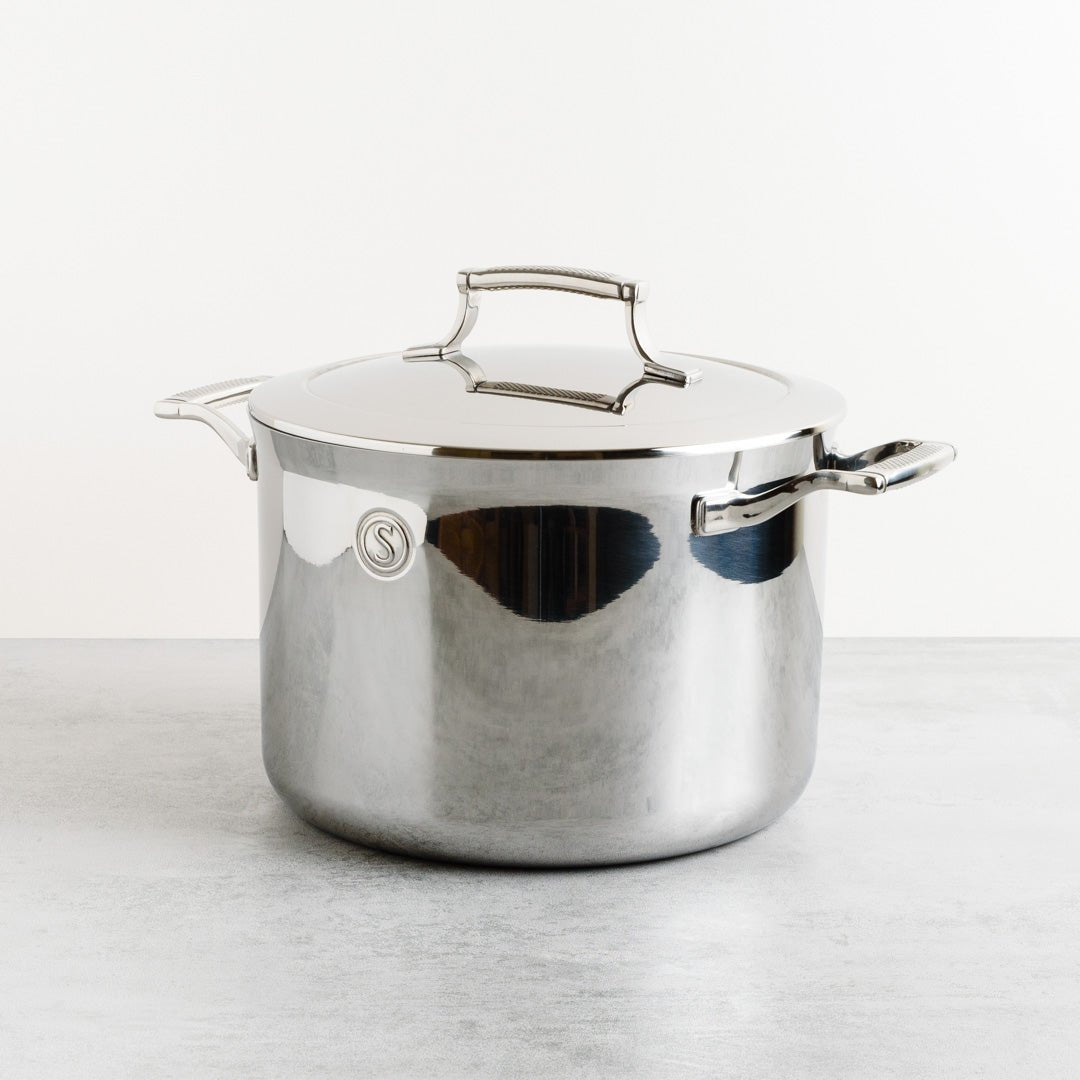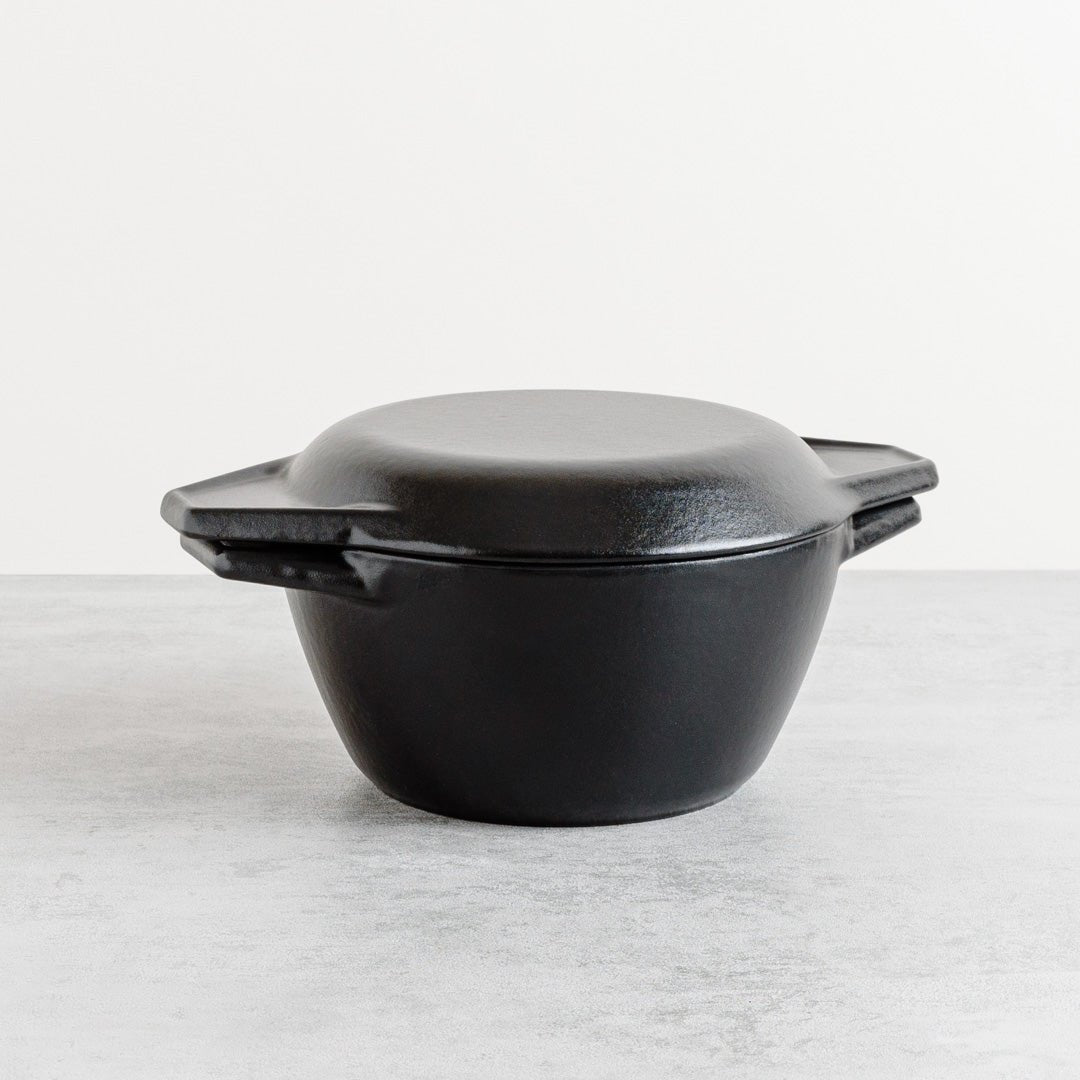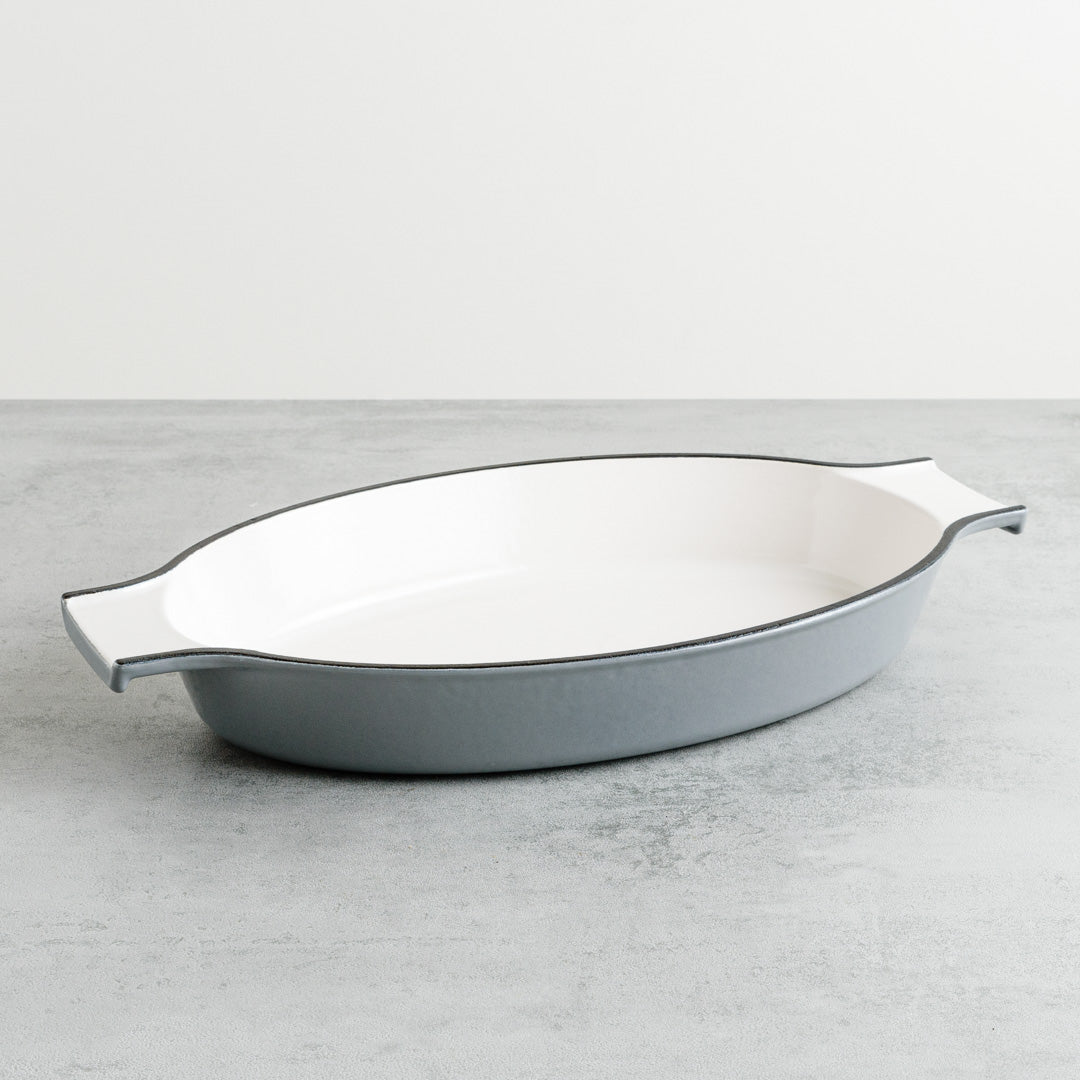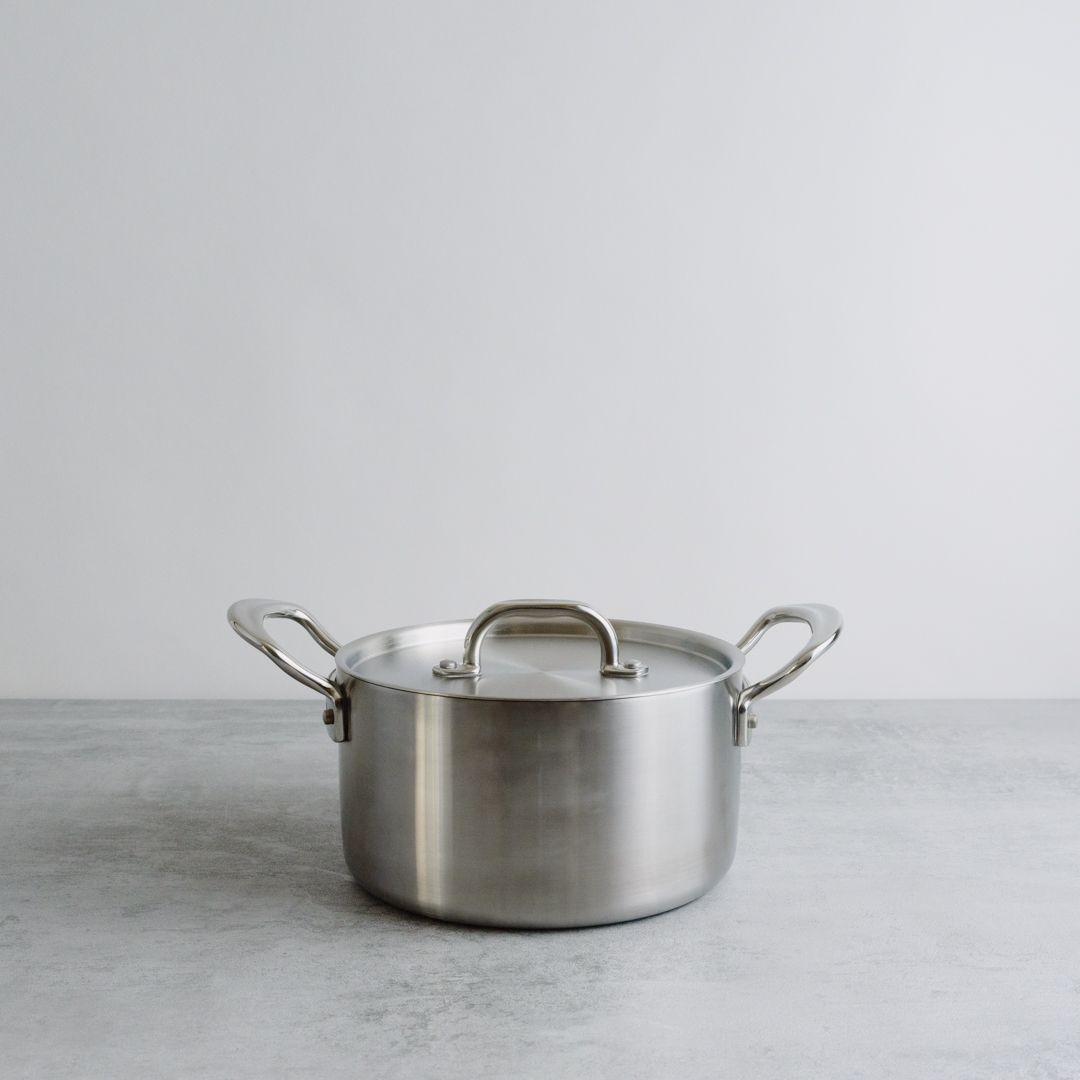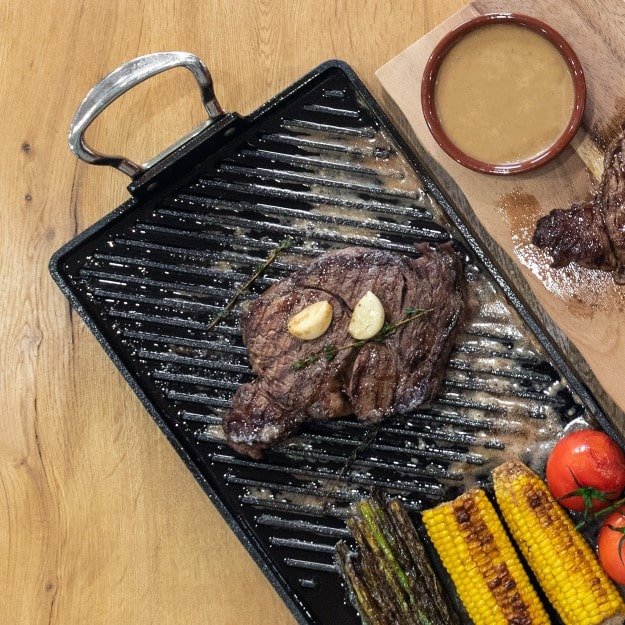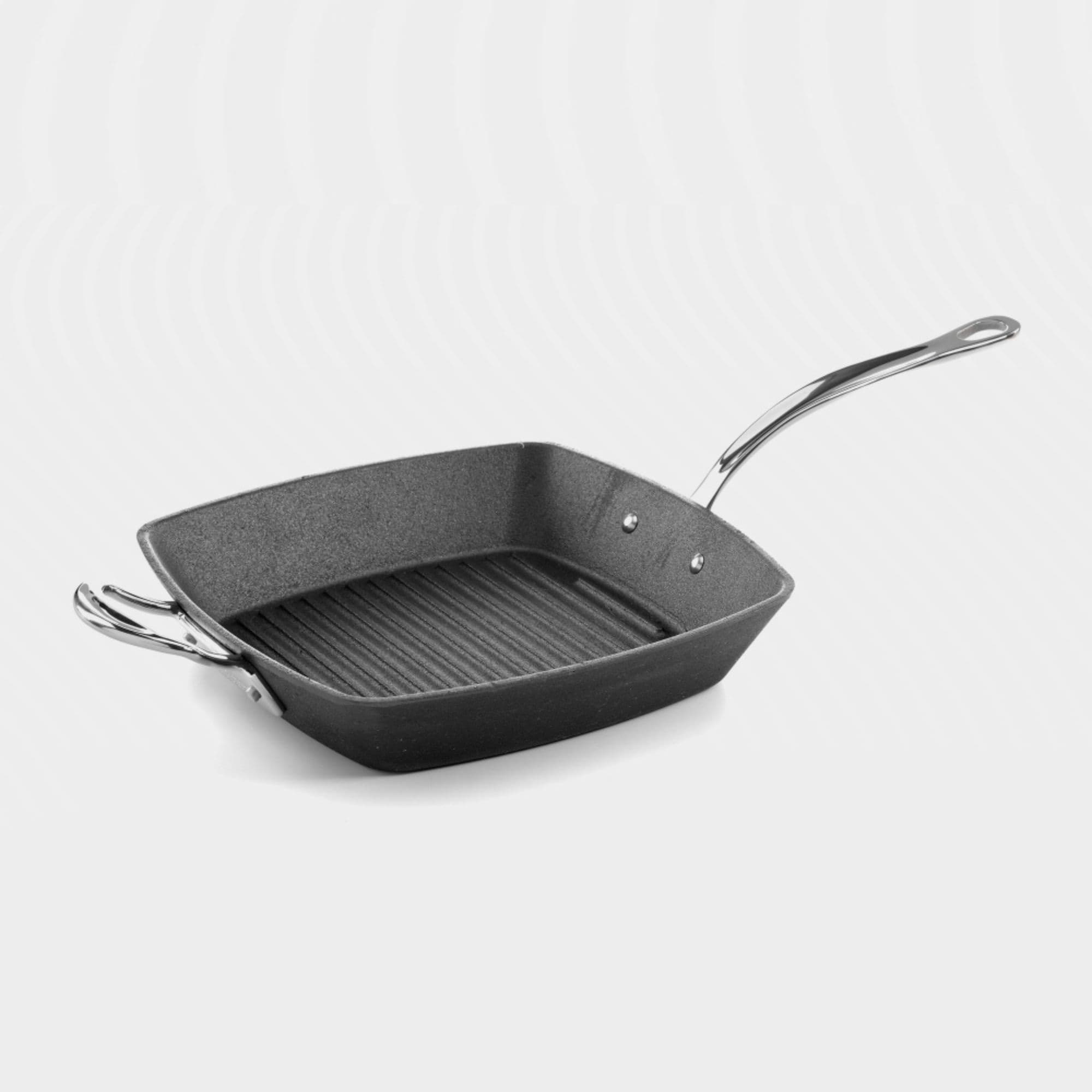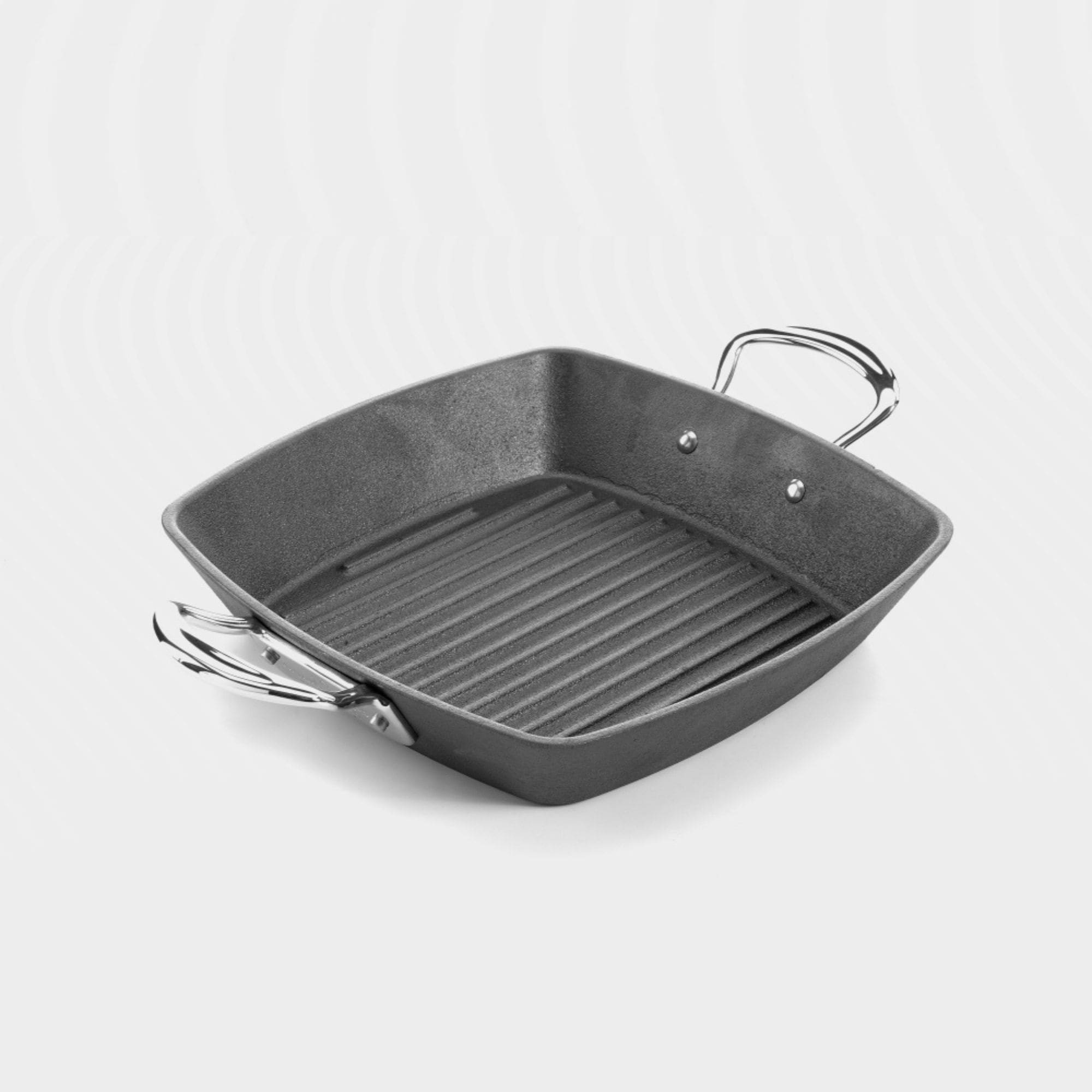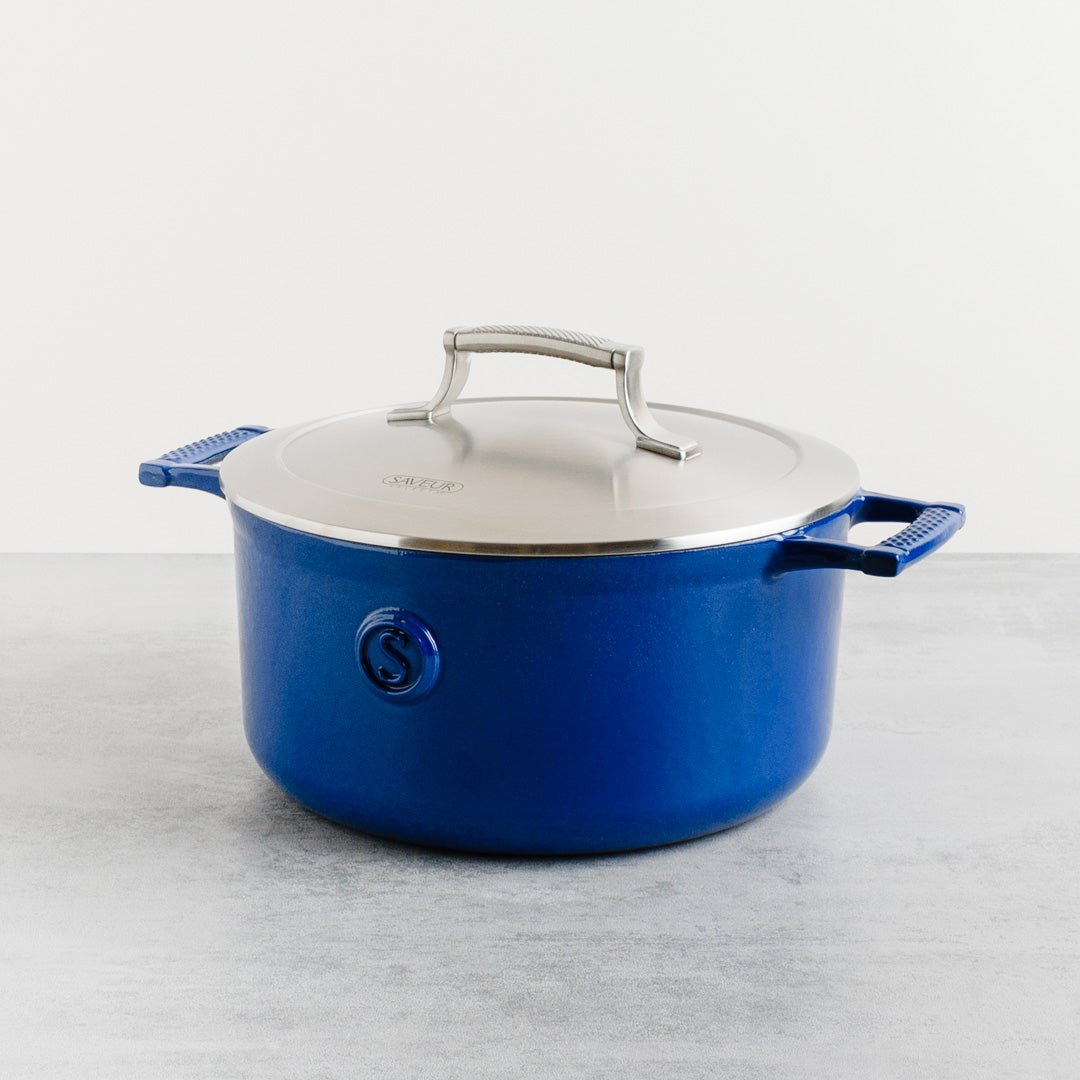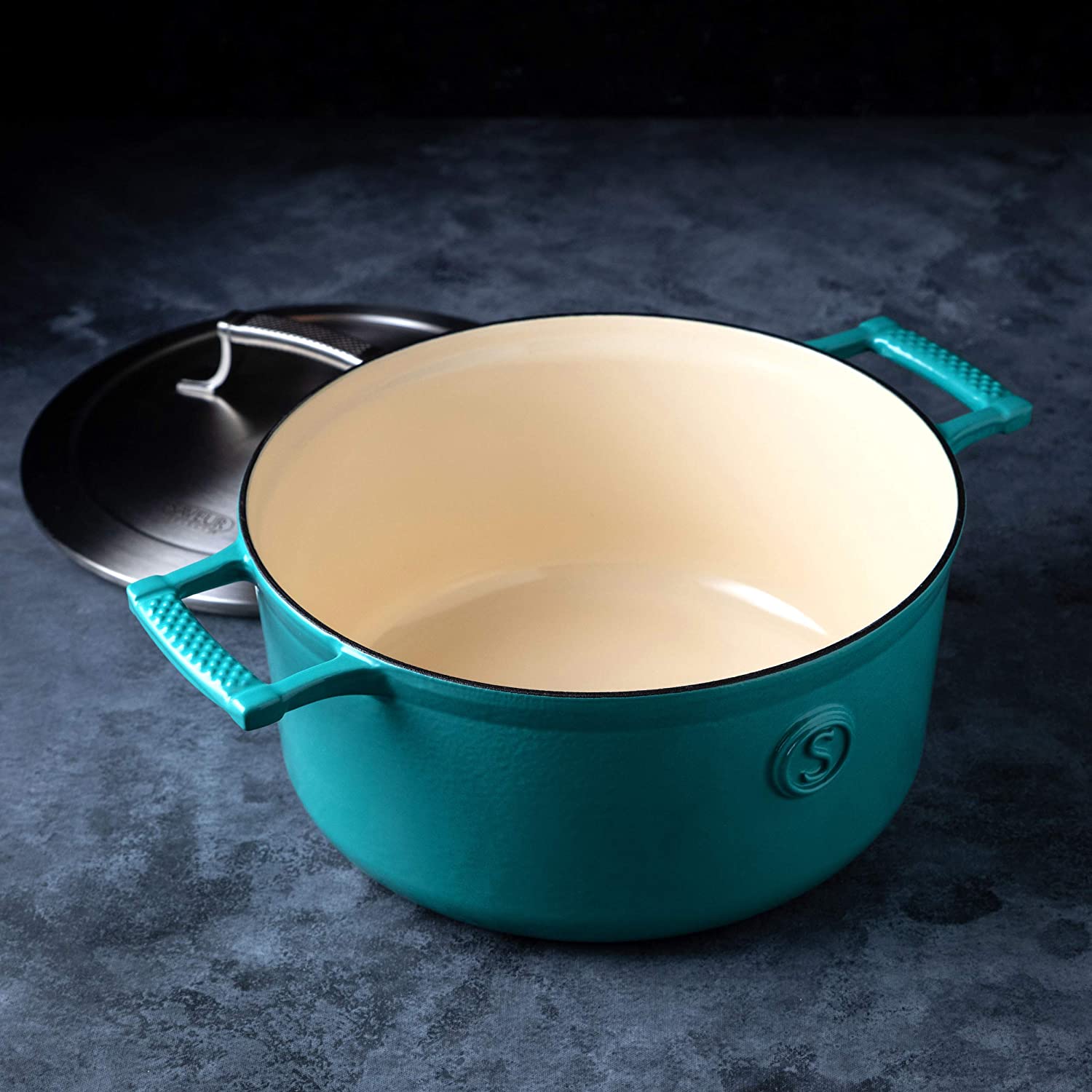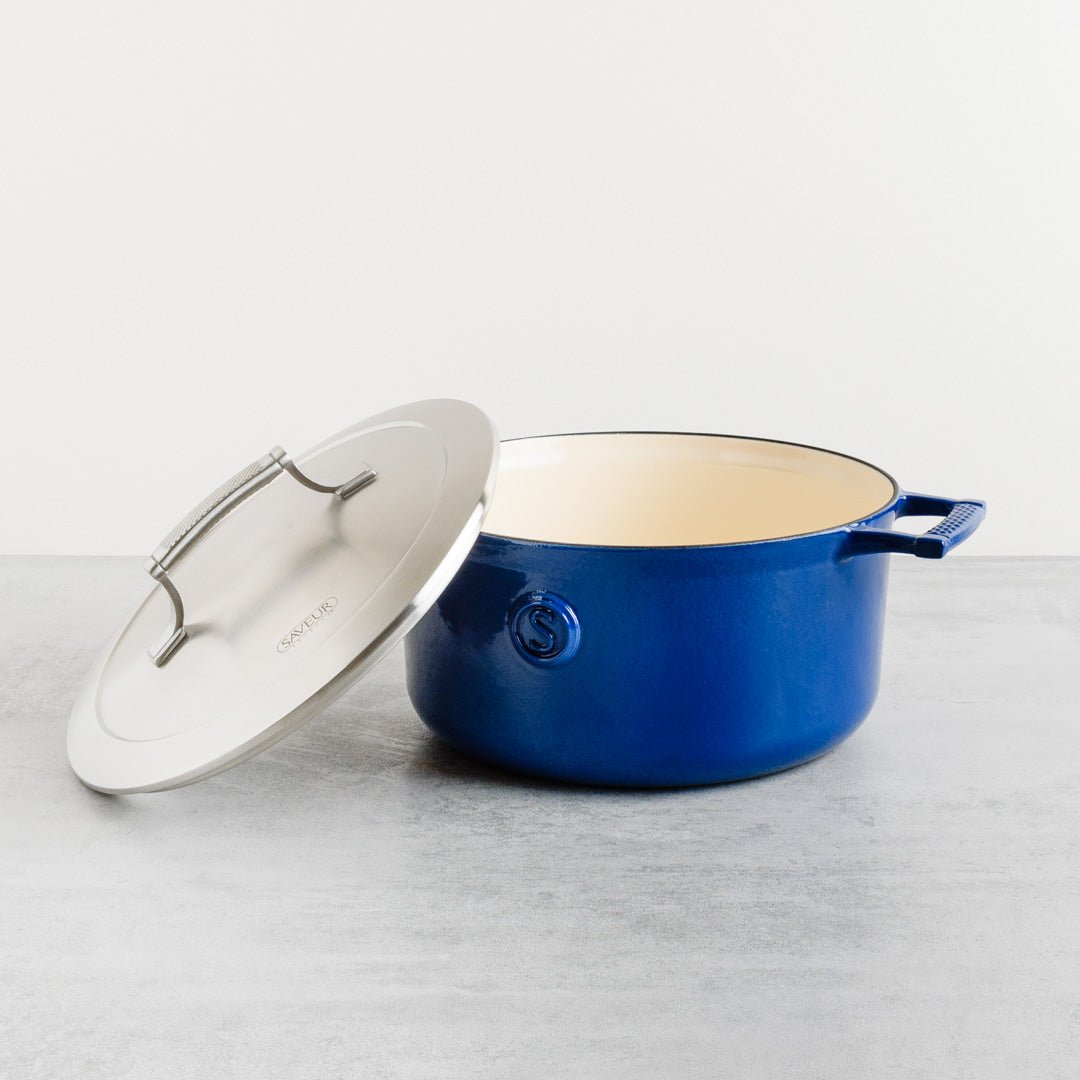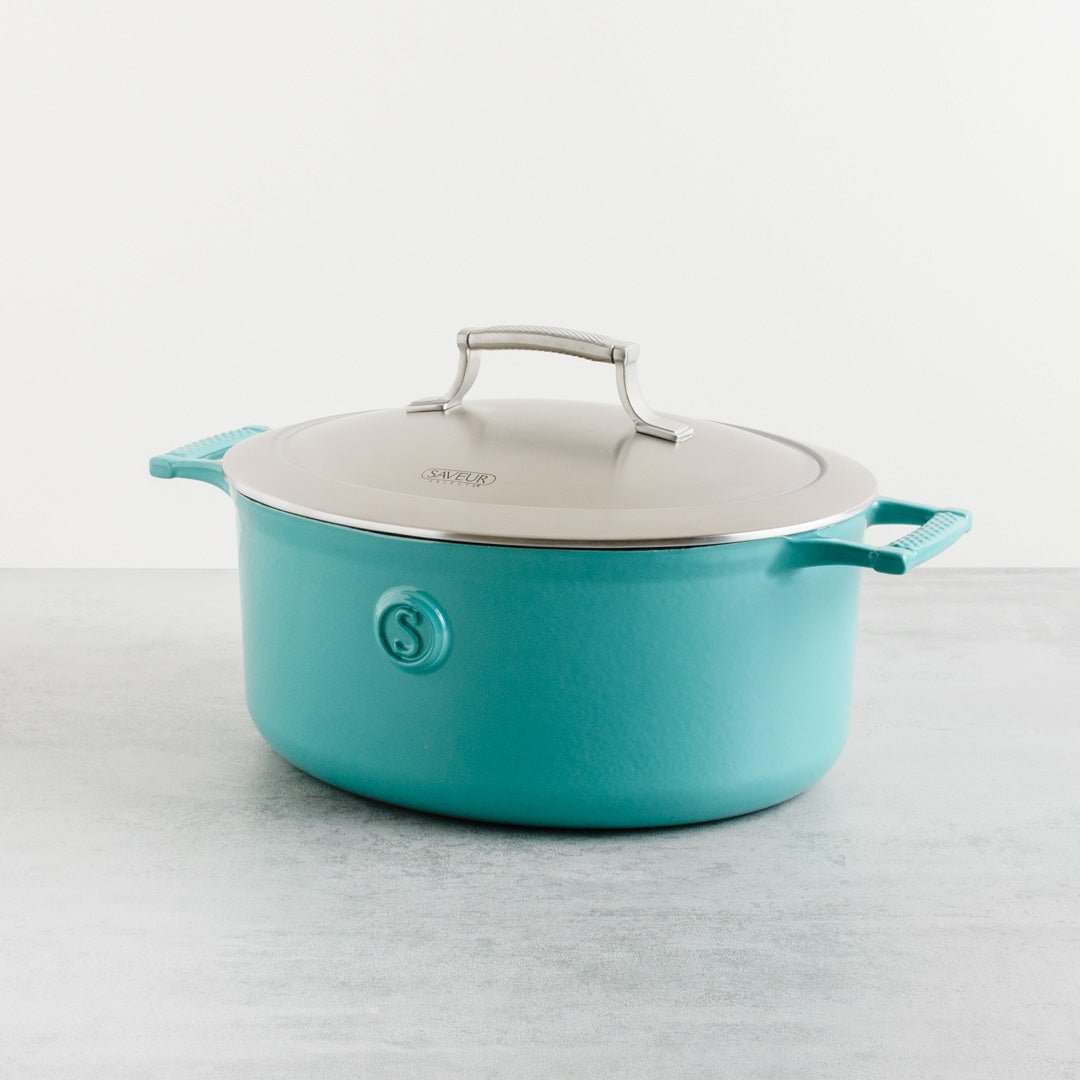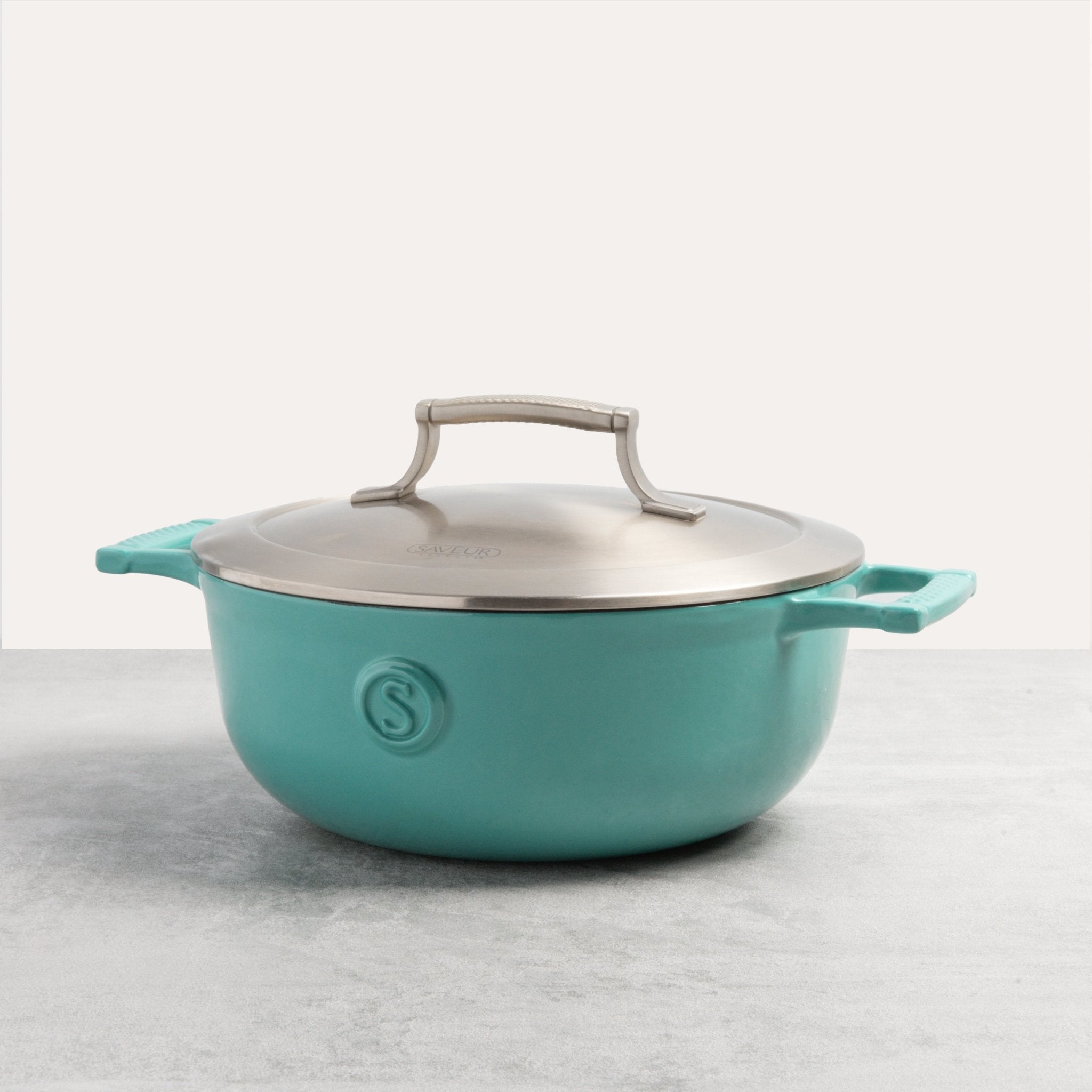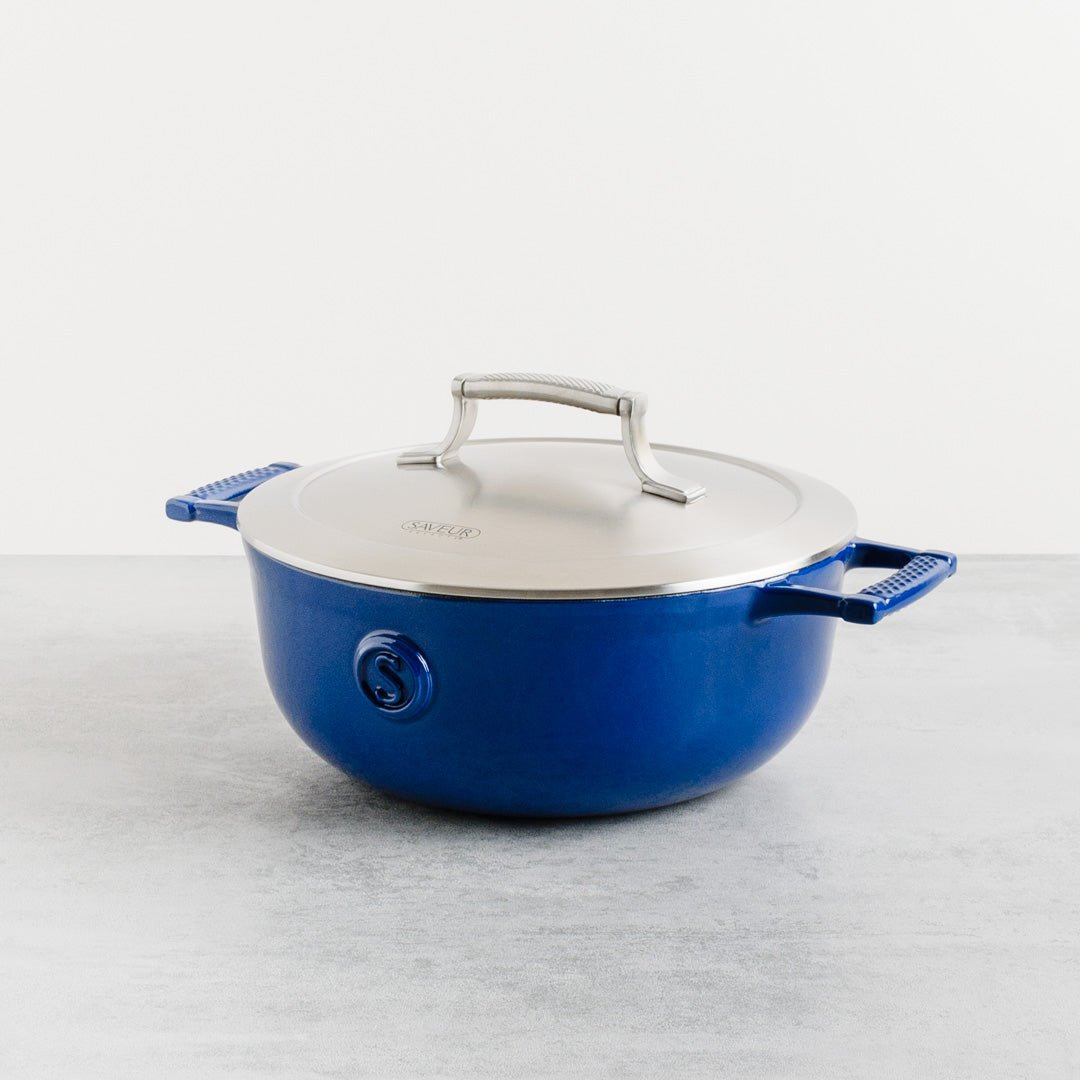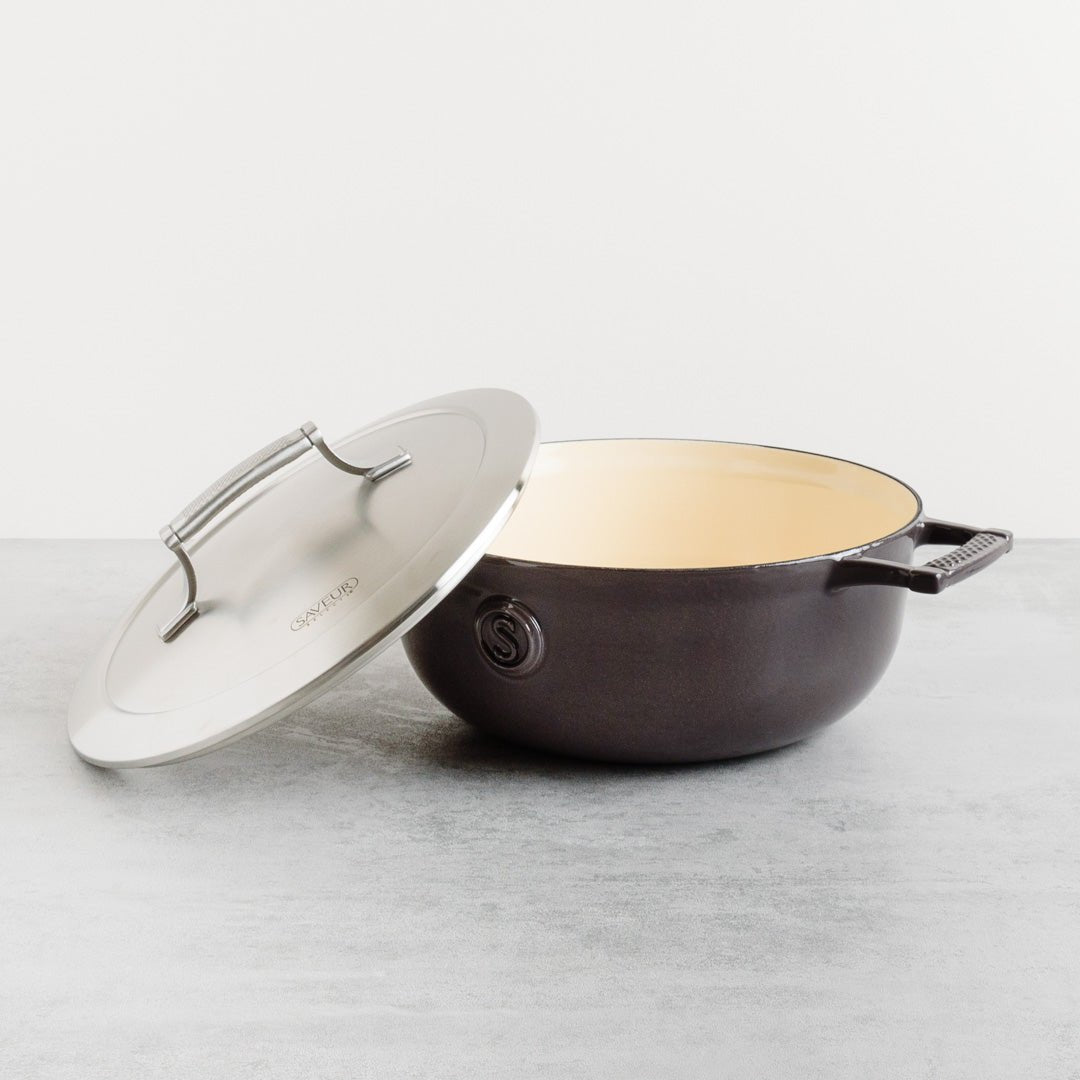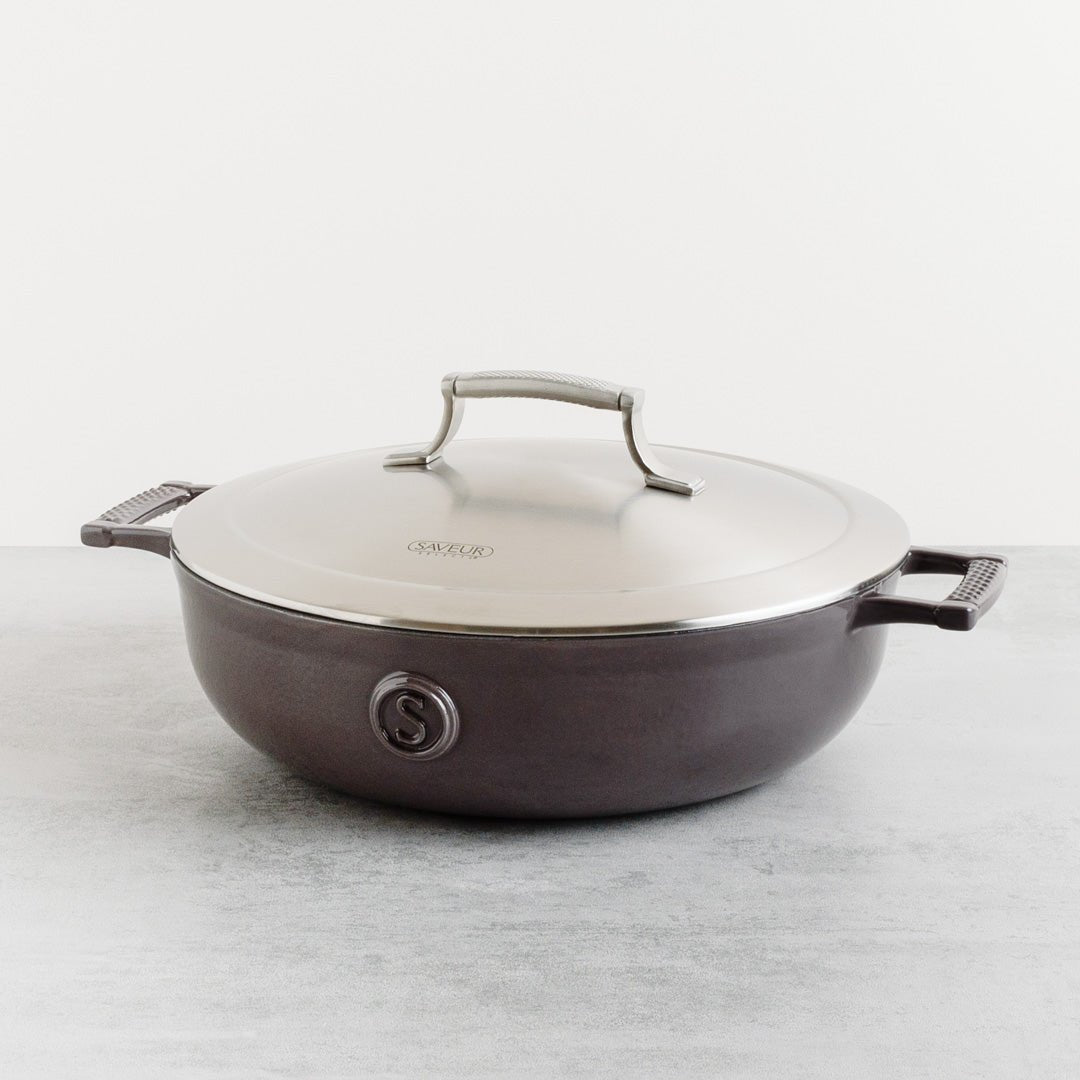Oven-proof cookware
Sturdy, oven-ready cookware for proper home cooking. These frying pans, pots and dishes can go straight from hob to oven without fuss. Built to handle heat up to 260°C, they’re ideal for searing, roasting or slow-cooking the lot. Choose from cast iron, stainless steel and other hardwearing materials – all made to last, and made to be used. Reliable kit that earns its spot in your kitchen.
Show next 11 items
Oven-proof Cookware FAQs
Which oven-proof pans are truly buy-it-for-life?
The best oven-proof pans for a buy-it-for-life kitchen are made from cast iron or stainless steel. These hardy materials can handle high heat, daily bashing about, and decades of use. Look for pans without plastic handles or coatings, and ideally a design that can be repaired. Cast iron lasts generations with care, and high-grade stainless steel resists wear brilliantly. Some brands even offer lifetime guarantees or re-seasoning services - proof they’re in it for the long haul.
How do I clean cast iron or stainless steel cookware properly?
To clean cast iron, use warm water and a good scrub - no soap needed if it’s seasoned. Dry it well and rub with a touch of oil to keep rust at bay. Stainless steel can take warm soapy water and a soft sponge; for stubborn bits, a paste of baking soda does wonders. Hand-washing keeps both in top shape, though stainless steel can usually brave the dishwasher.
What temperatures can oven-safe cookware withstand?
Most oven-safe cookware can handle up to 260°C, and some tough cookies - cast iron and stainless steel - can go beyond 300°C. Just be wary of plastic handles or lids, which might have lower limits. Always check the manufacturer's advice. And remember, pans don’t love sudden temperature shocks - best to go easy on the dramatic cold-to-hot moments.
Do all oven-proof pans work on induction hobs?
Not all oven-proof pans work on induction hobs - it depends on the base. Cast iron and many stainless steel pans are induction-ready, while aluminium or copper usually aren’t unless they’ve got an induction plate. Easiest test? See if a fridge magnet sticks to the bottom. If it does, you’re in business.
How do you season and maintain cast iron pans for life-long use?
To season cast iron, rub it with a light layer of oil and bake it at 180–200°C for about an hour. This builds a natural non-stick surface. Clean with hot water and a stiff brush, dry it thoroughly, then oil it lightly after each use. Avoid the dishwasher or soaking. Follow this rhythm and your cast iron could become a family heirloom - or at least outlast the saucepan cupboard.
Is ceramic non-stick cookware safe for oven use?
Ceramic non-stick cookware is often oven-safe, usually up to around 230°C. Always check for plastic handles or lids, which can lower the heat limit. While ceramic isn’t quite as tough as cast iron or stainless steel, it’s a decent non-toxic non-stick choice. To keep it going longer, steer clear of metal utensils and don’t blast the heat on the hob.
What cookware do professional chefs use in the oven?
Professional chefs favour durable oven cookware like cast iron, stainless steel, and carbon steel. These materials can take the heat (and the knocks) of a busy kitchen. Cast iron holds heat beautifully, stainless steel is great for quick roasting, and carbon steel offers similar benefits to cast iron but with a lighter touch. In short, they’re built for serious graft.

